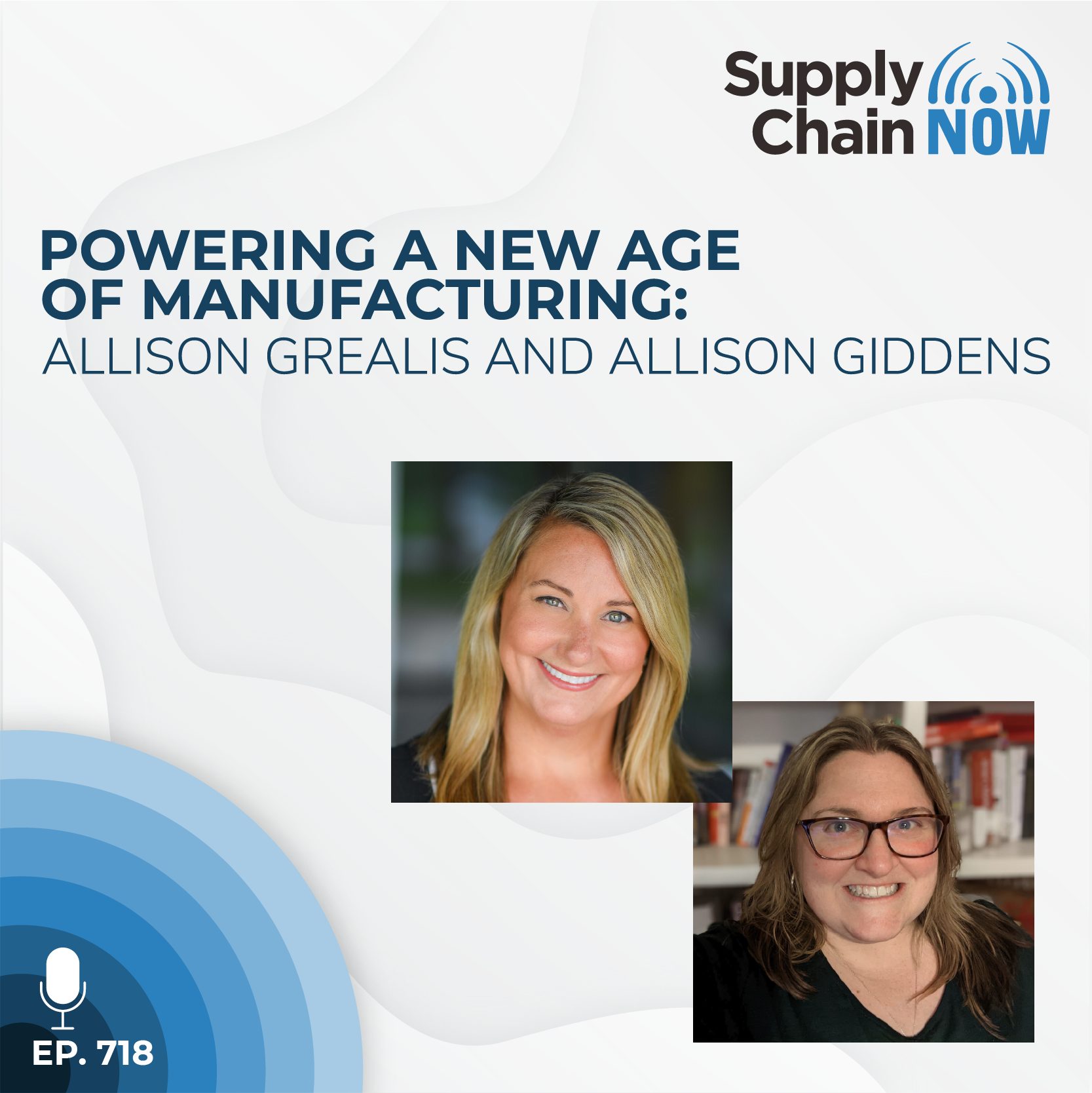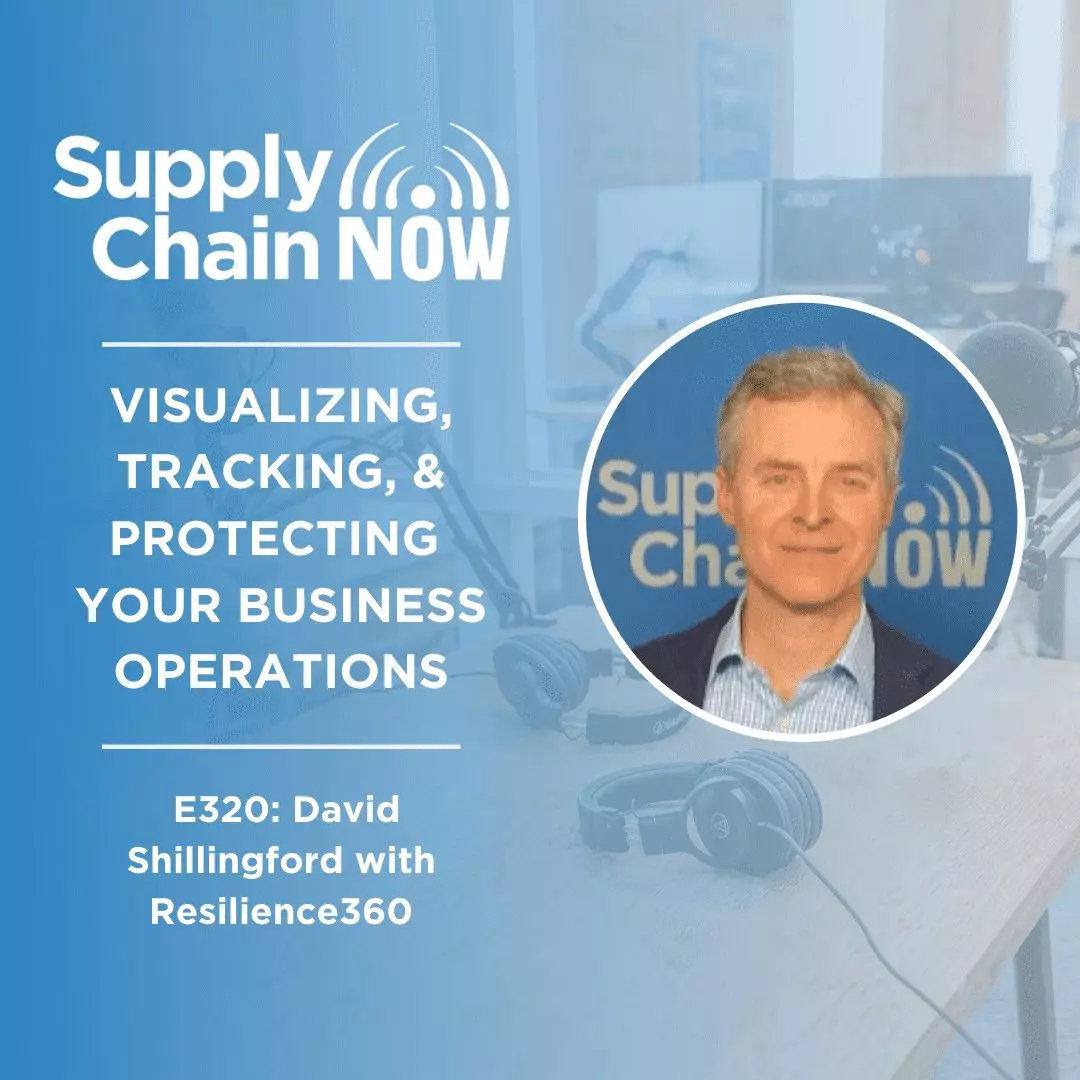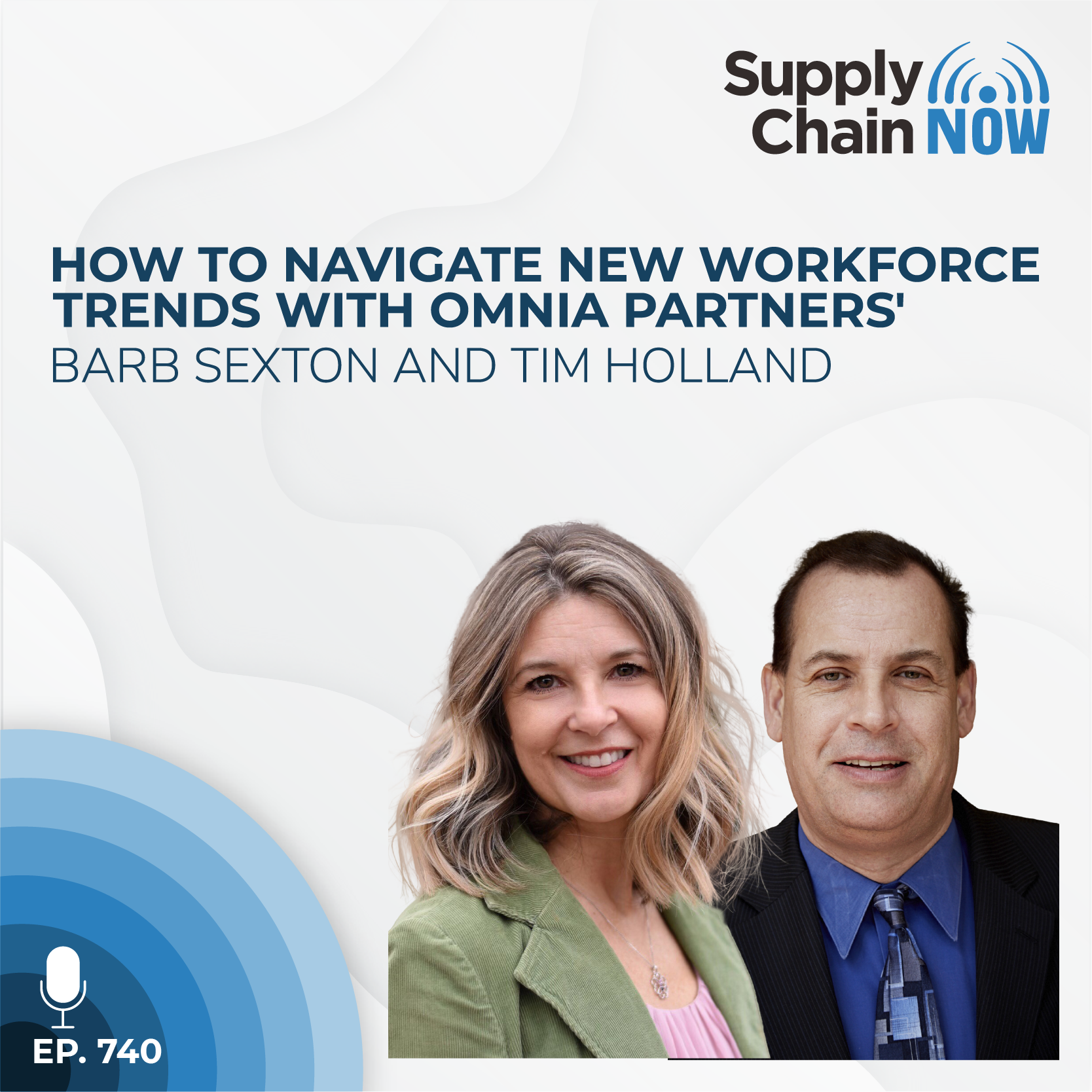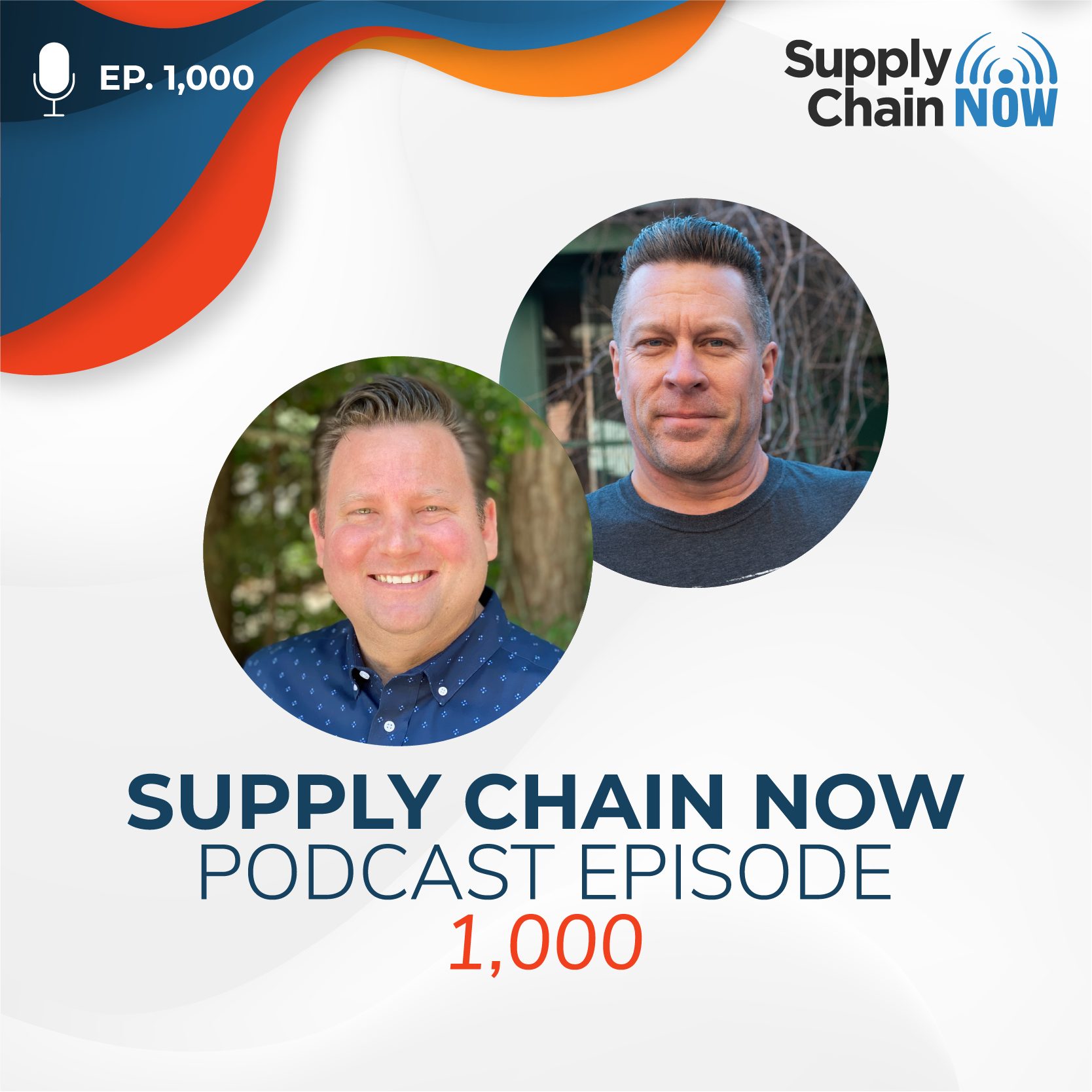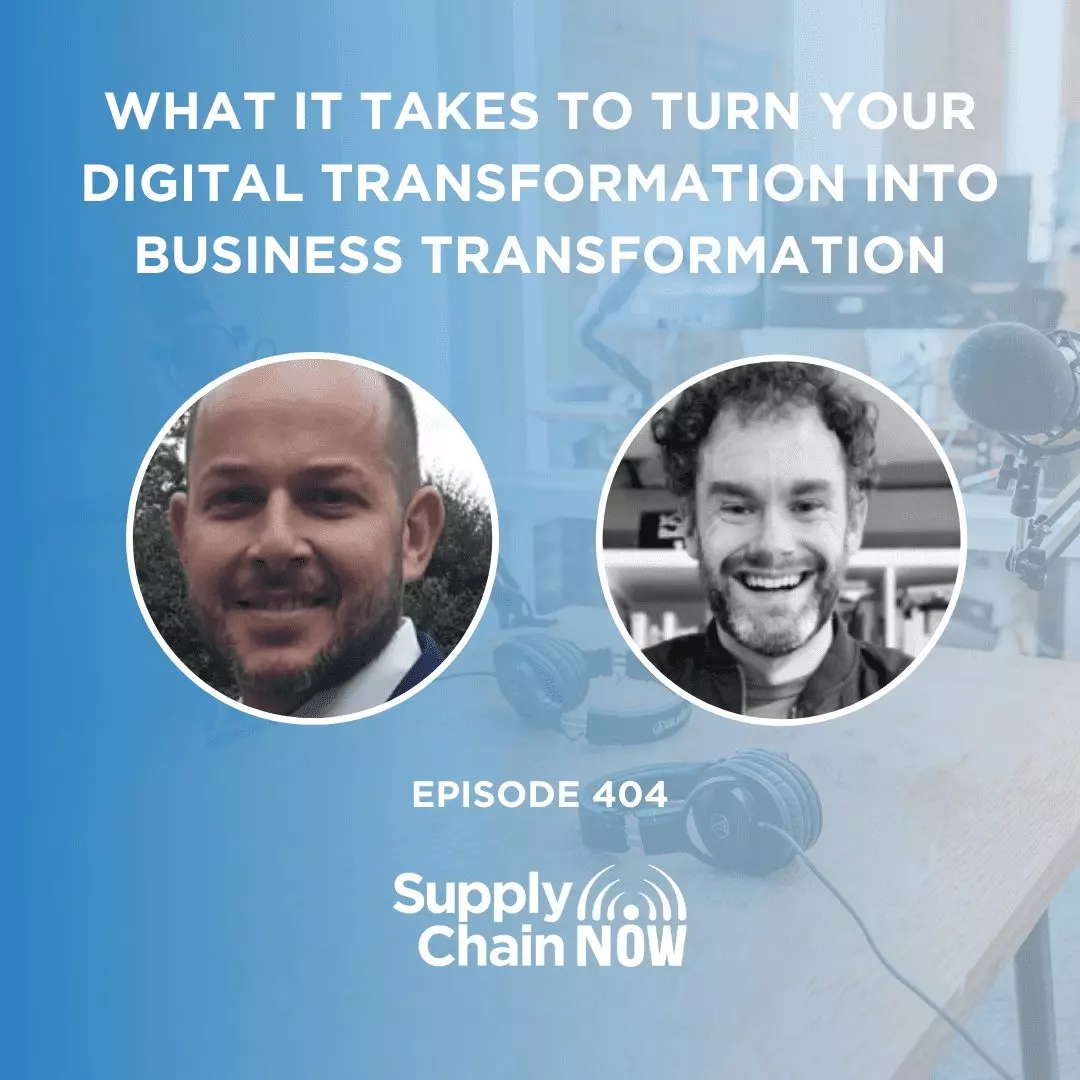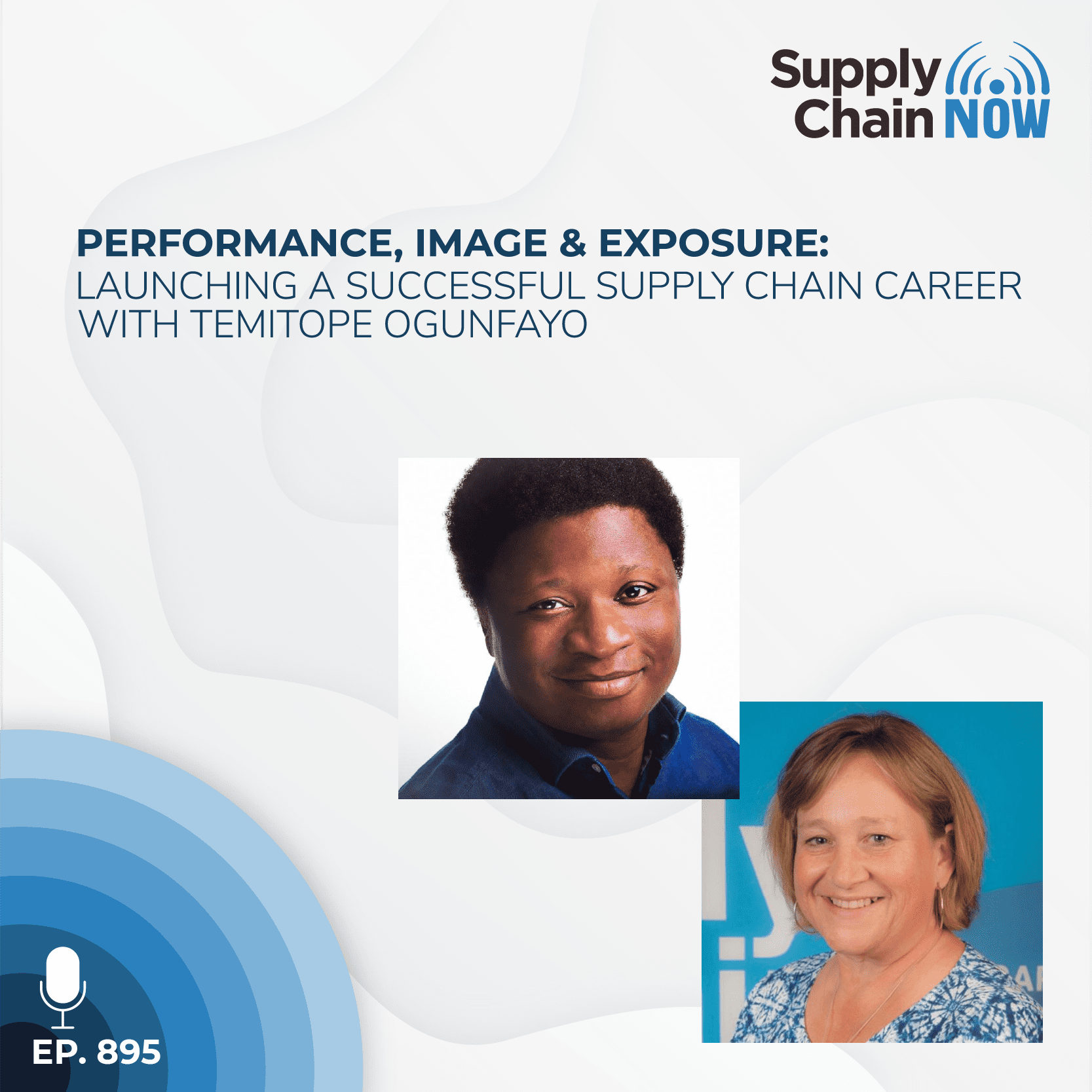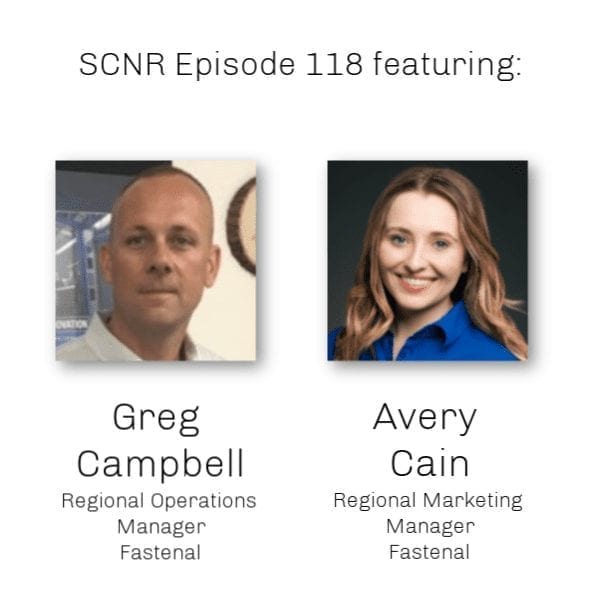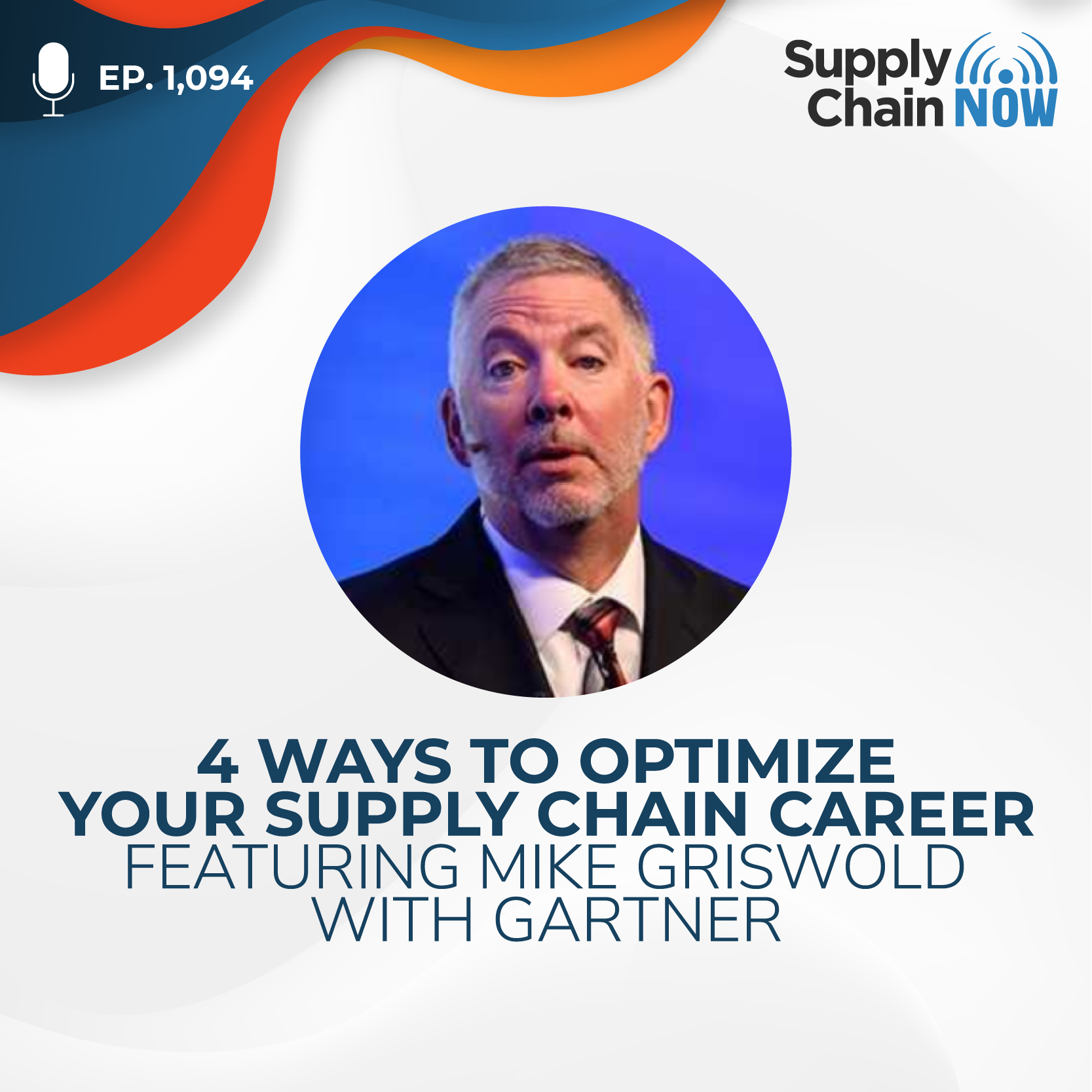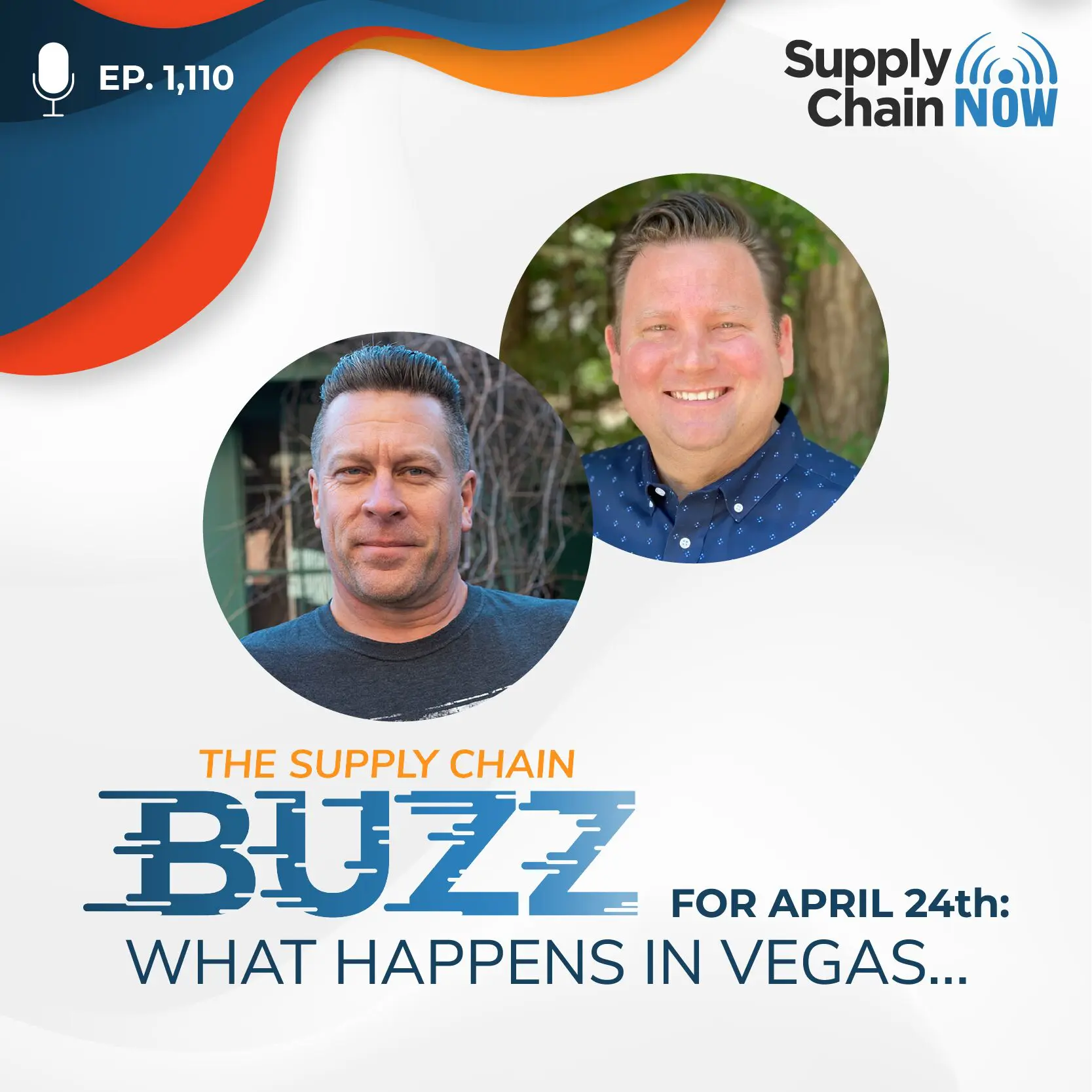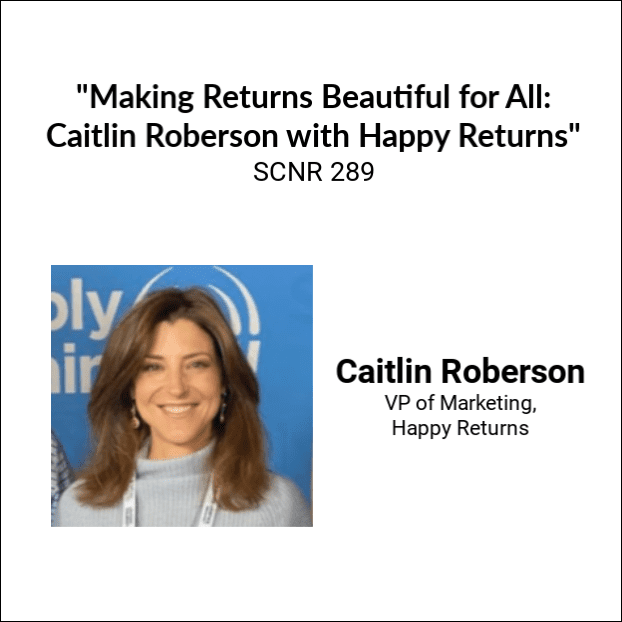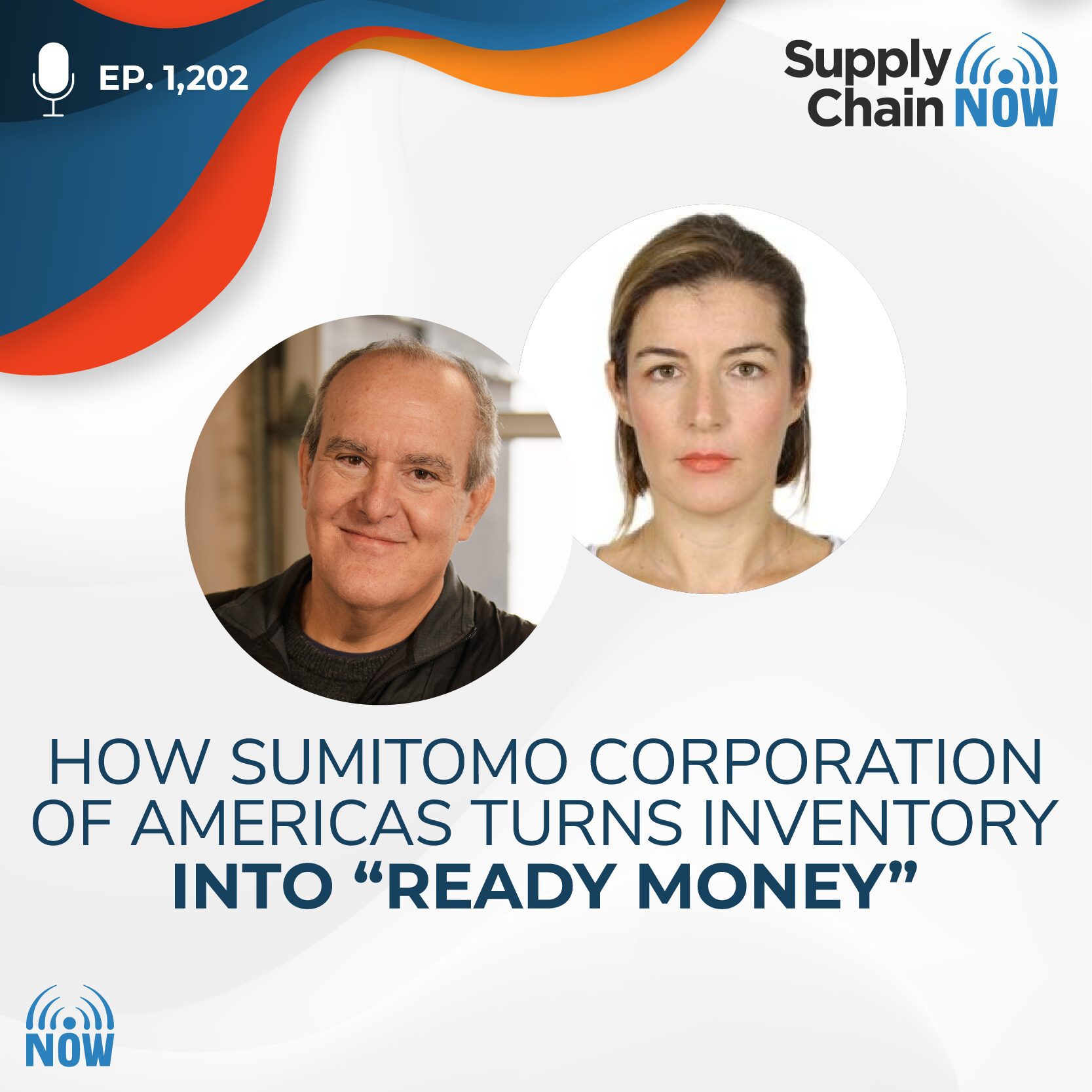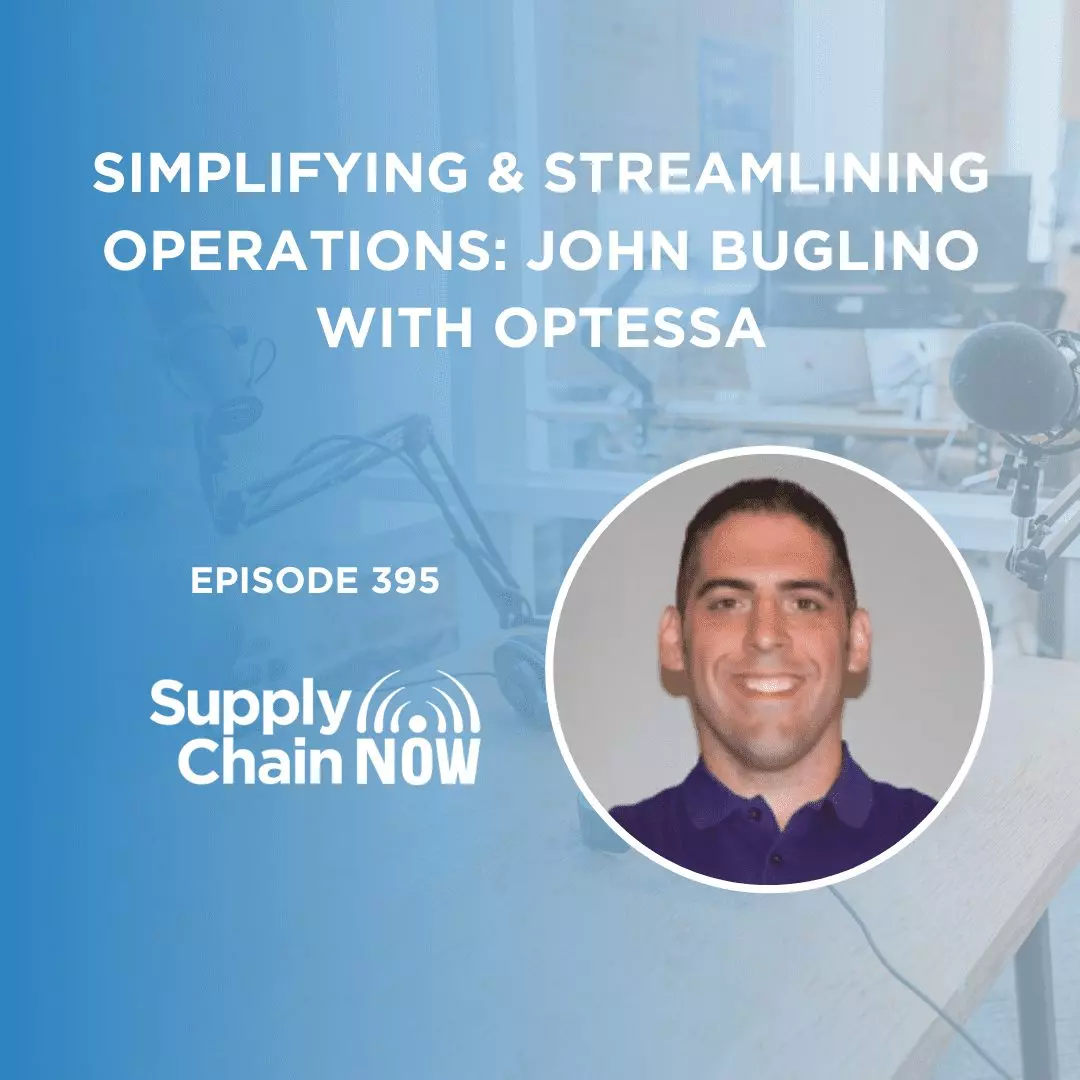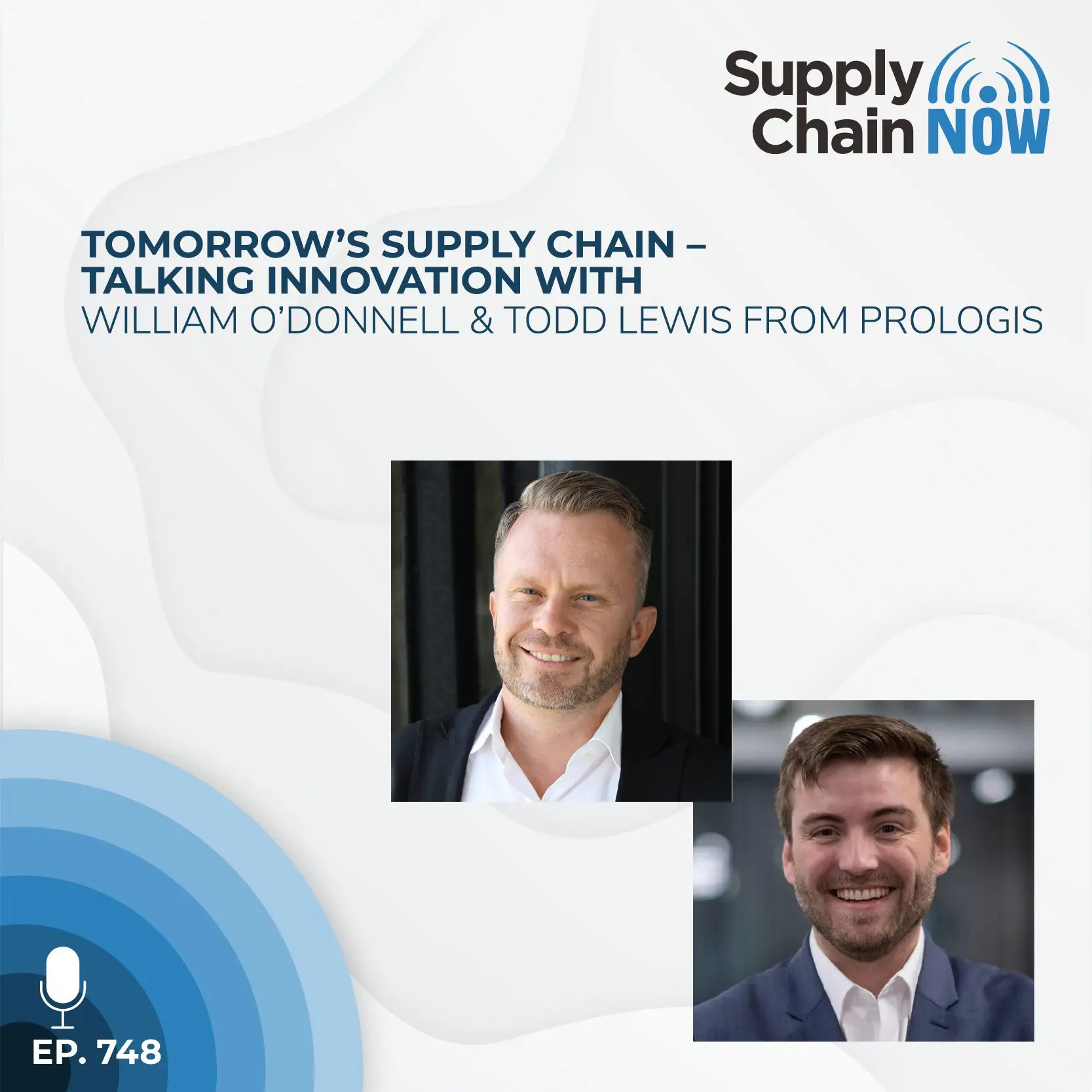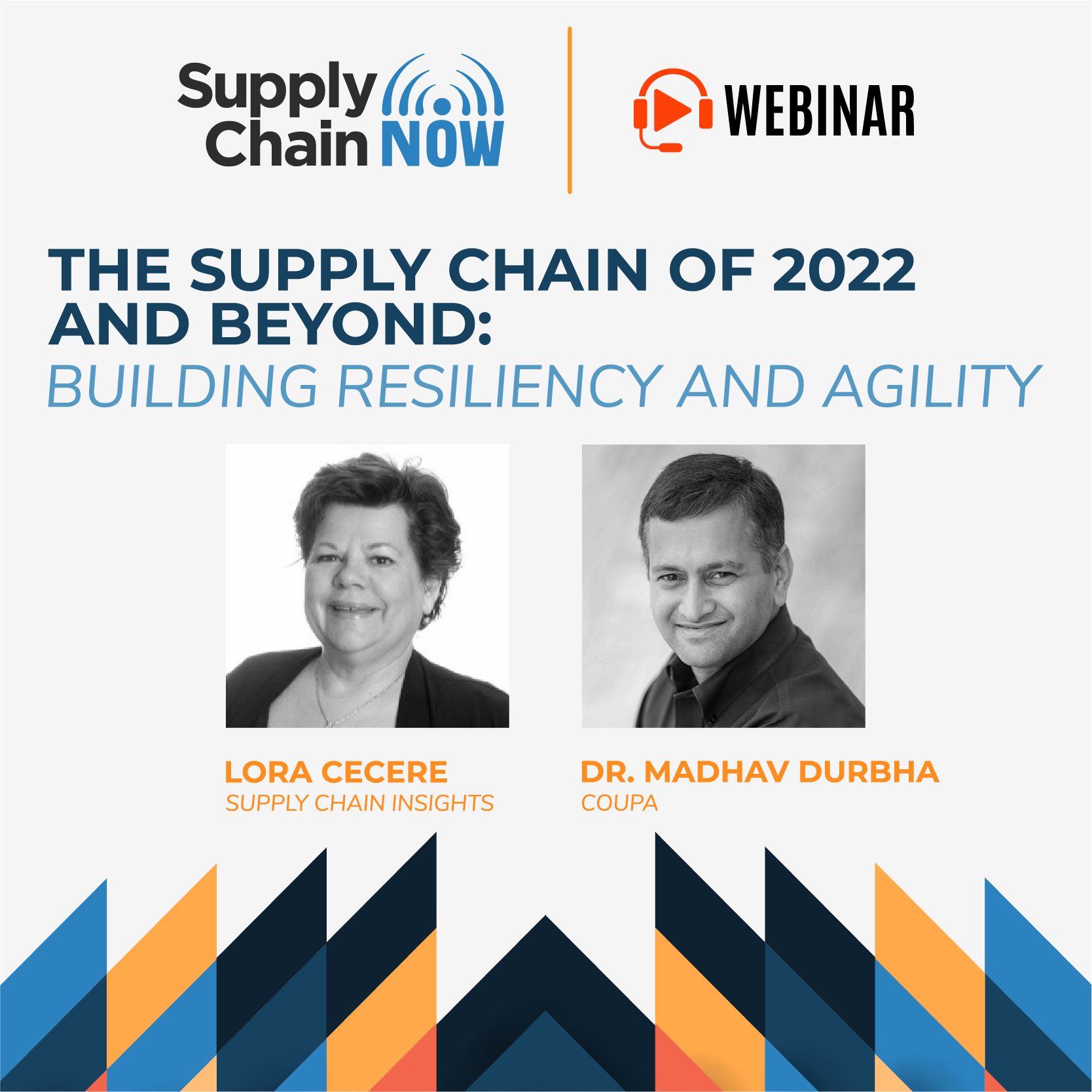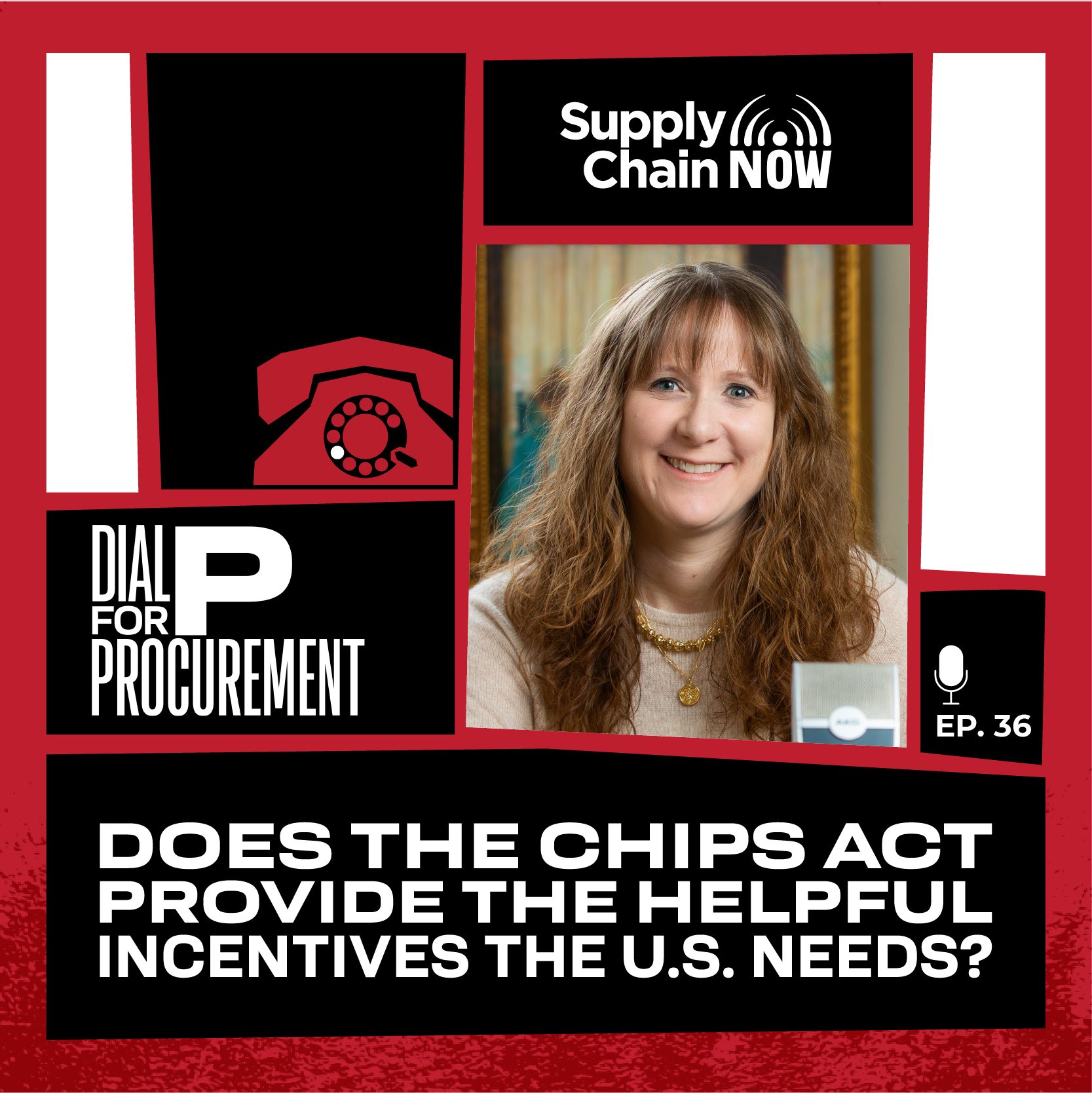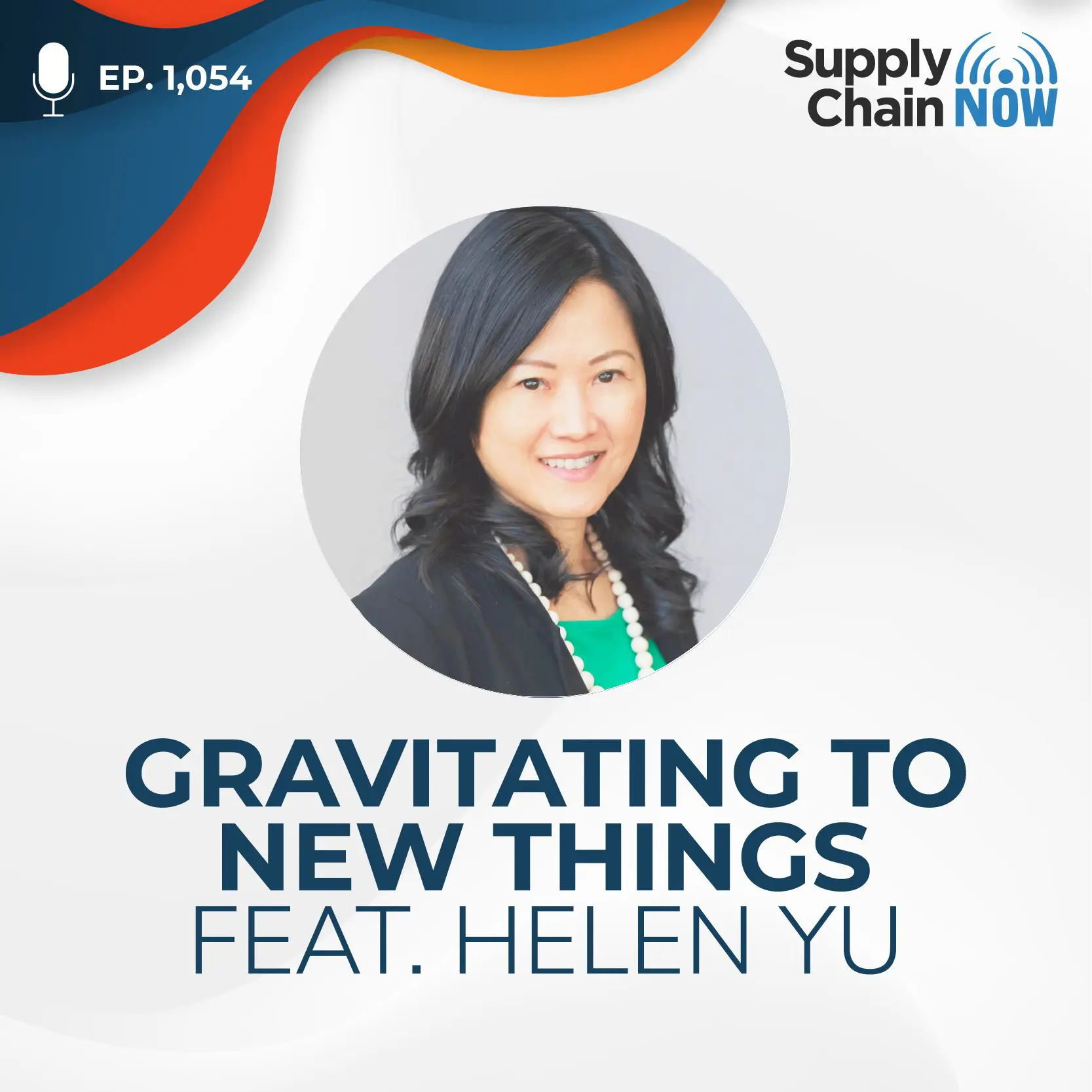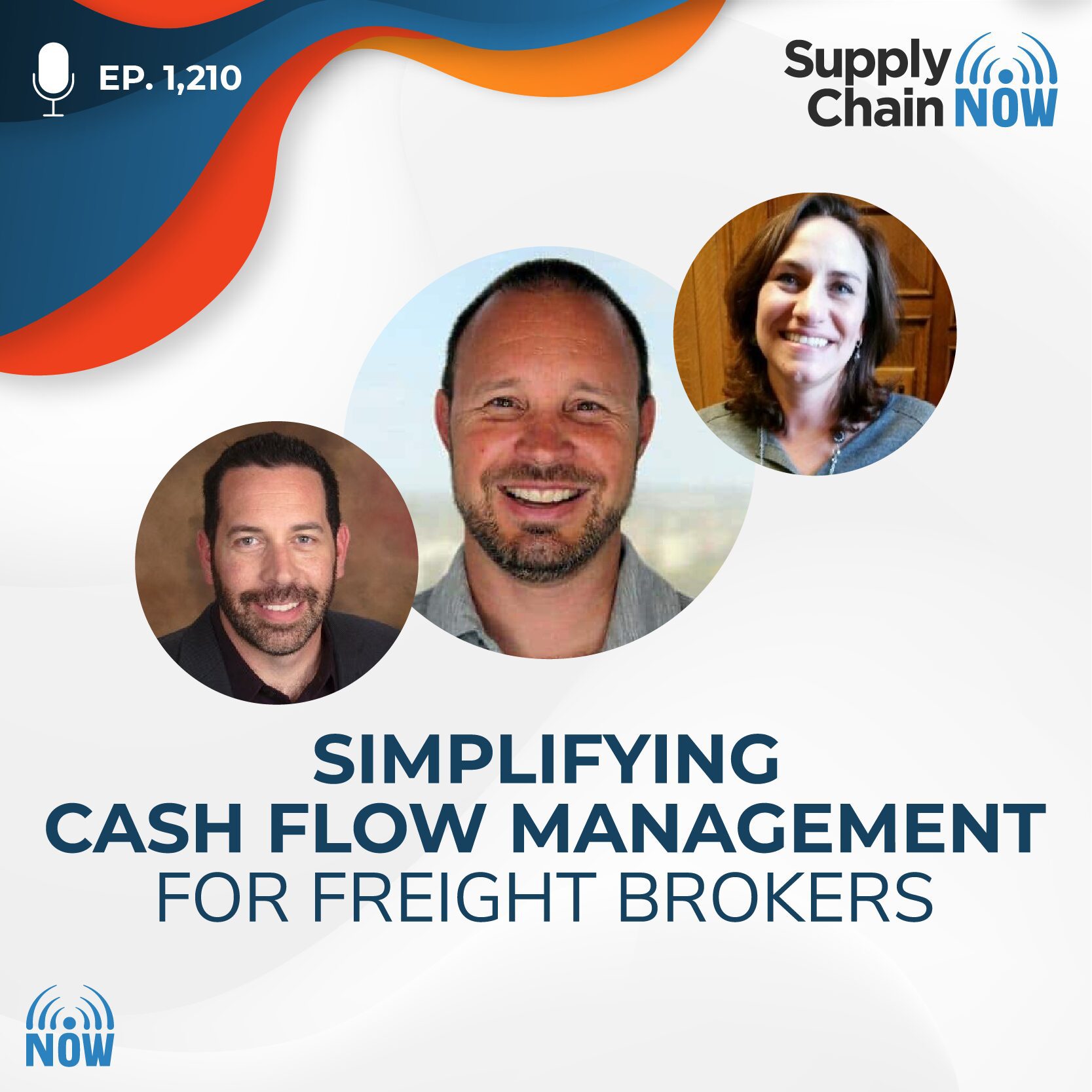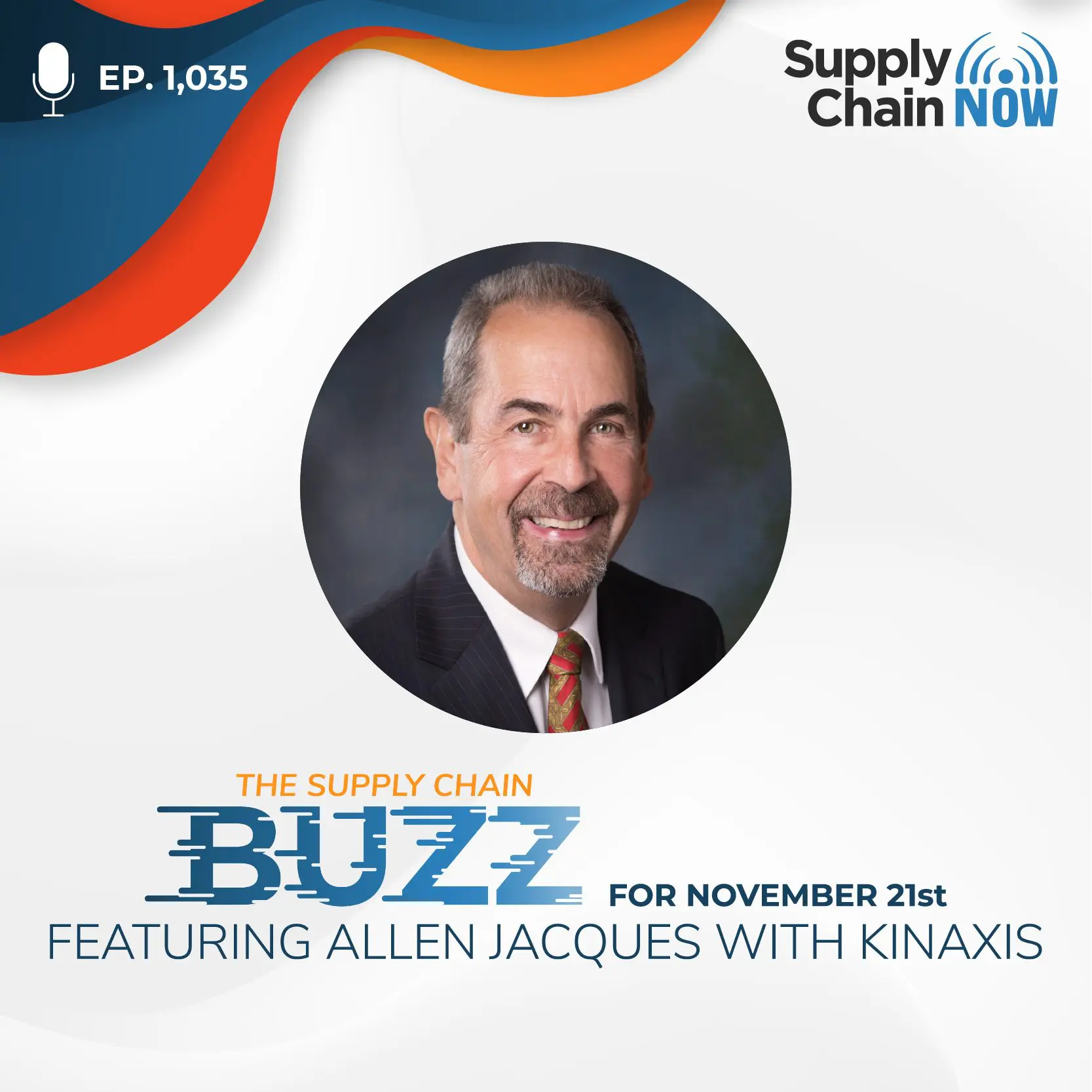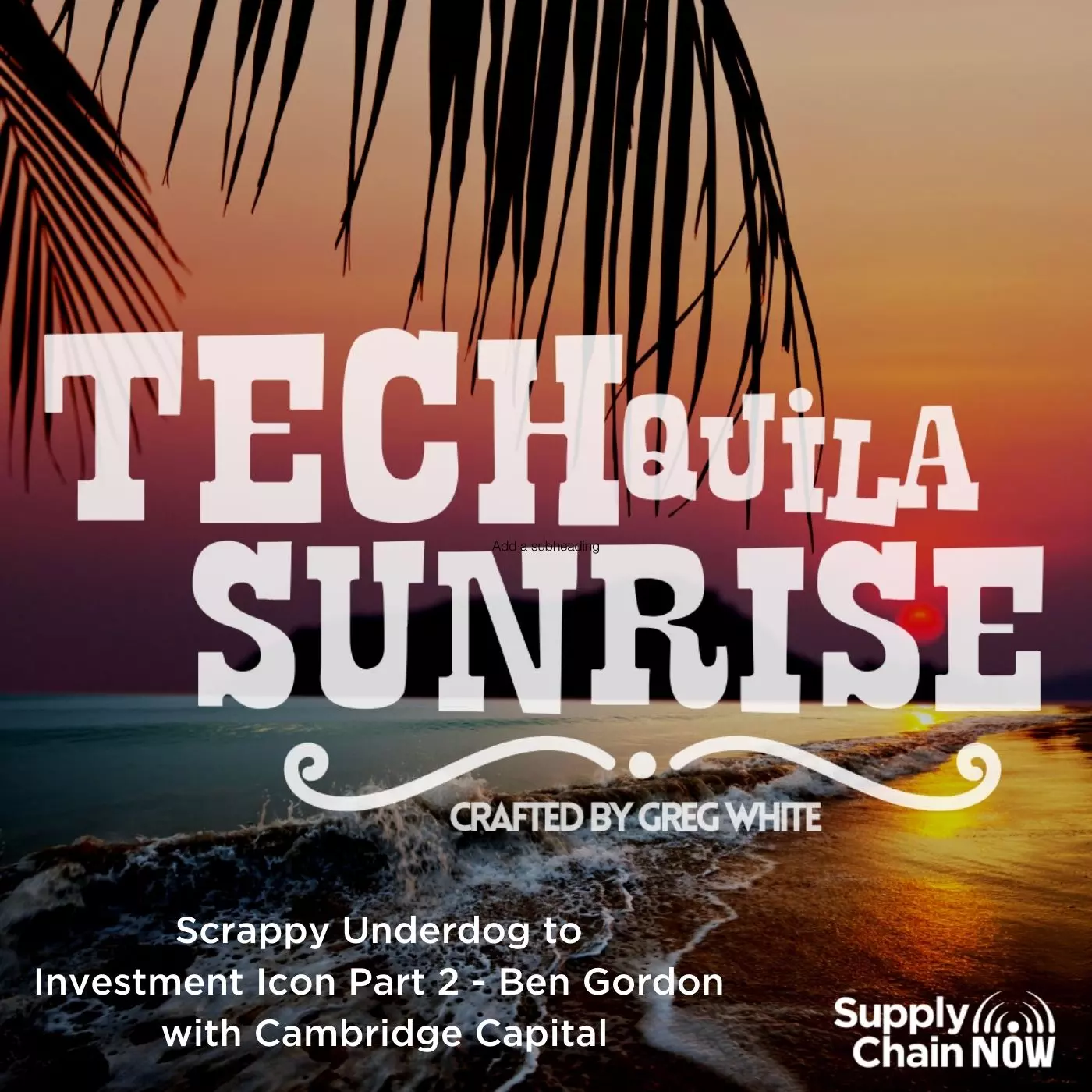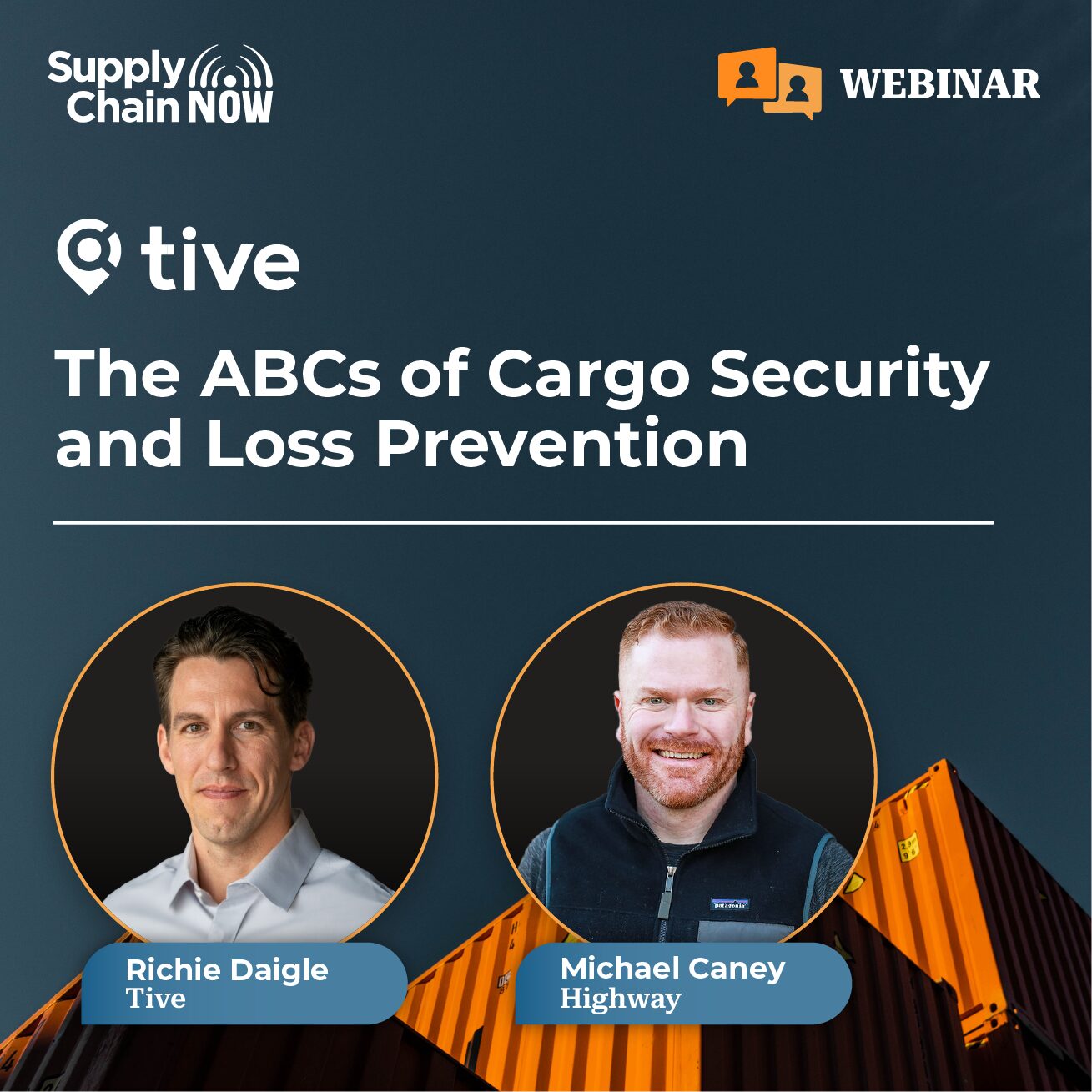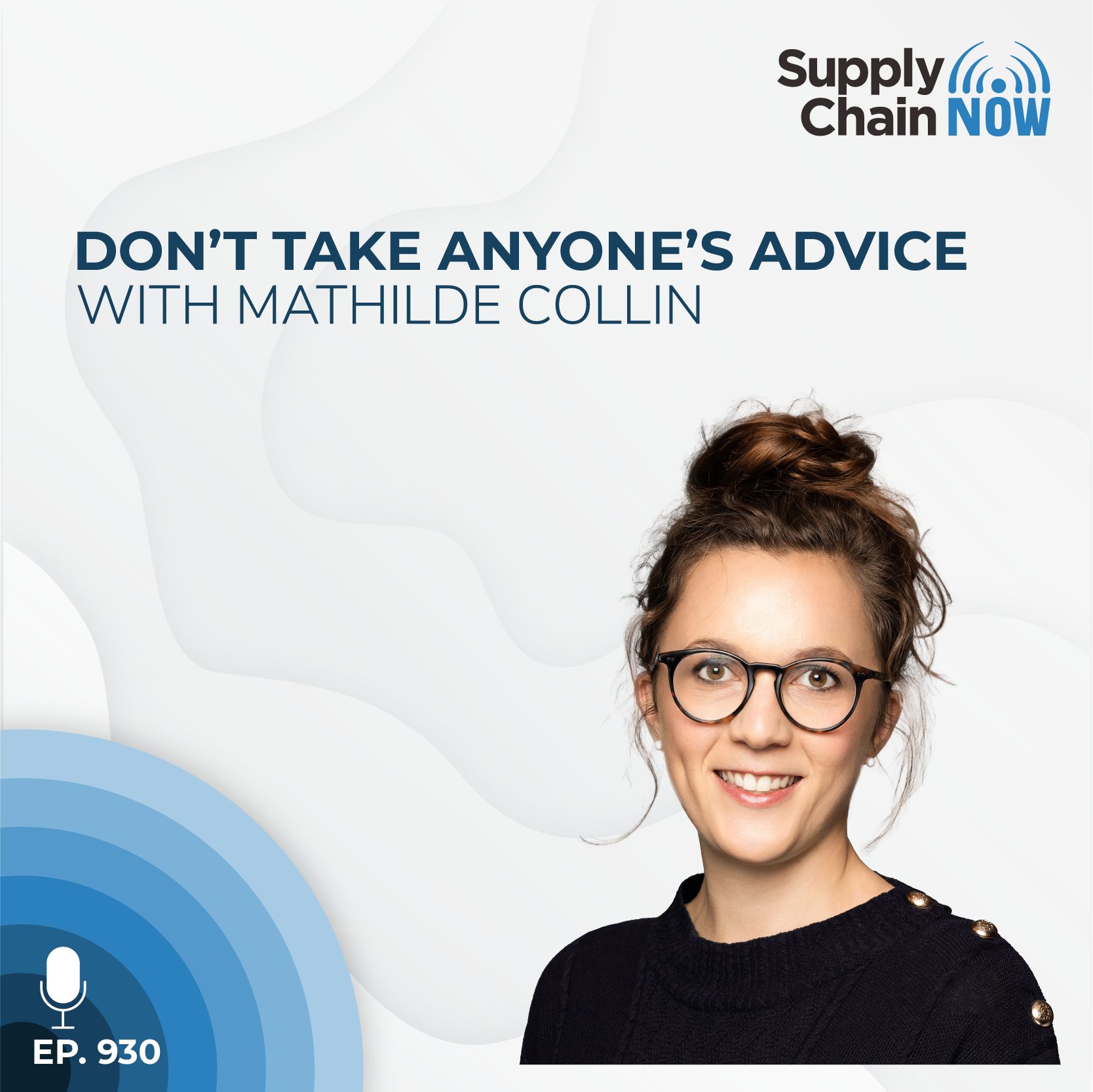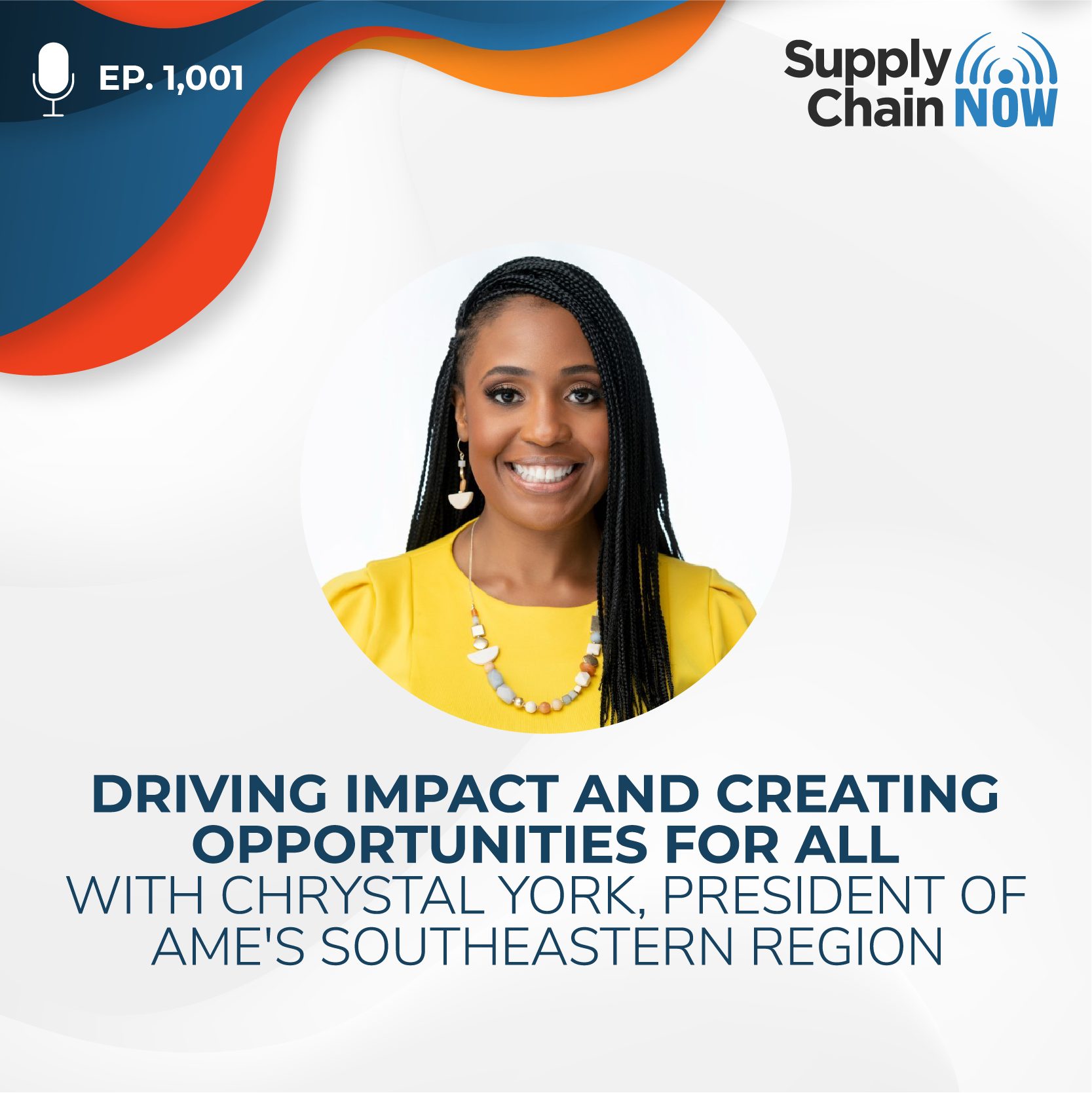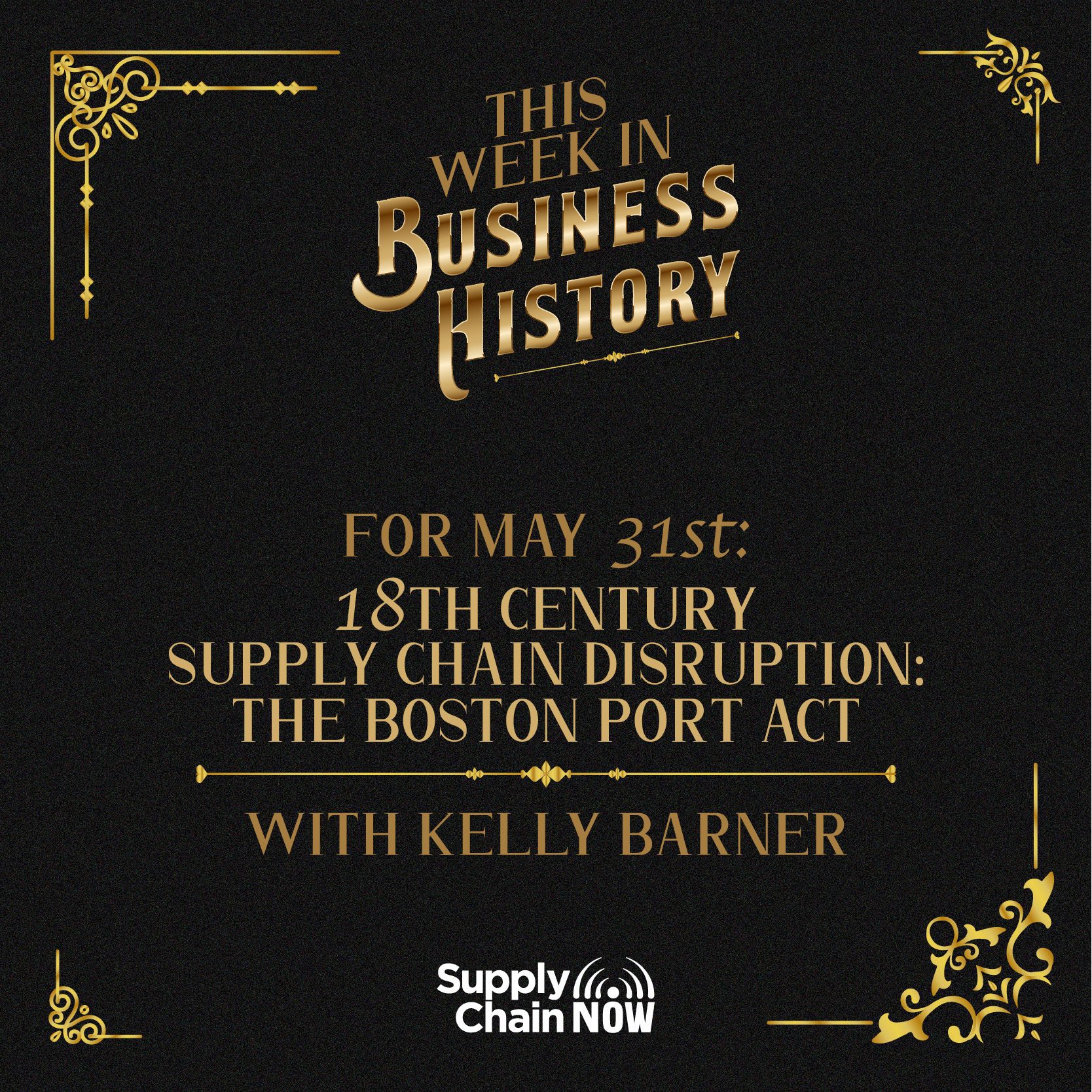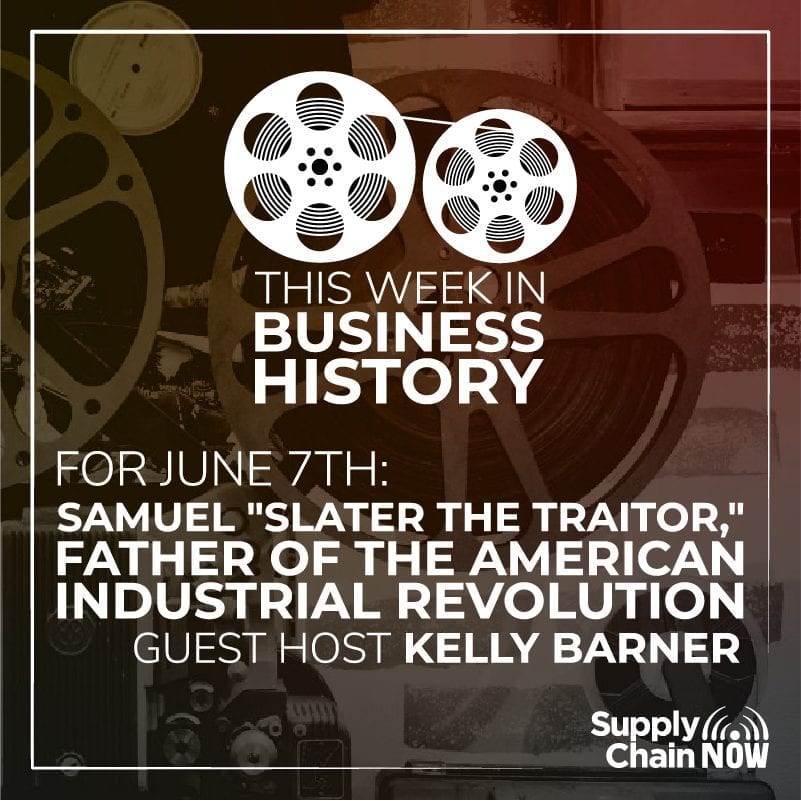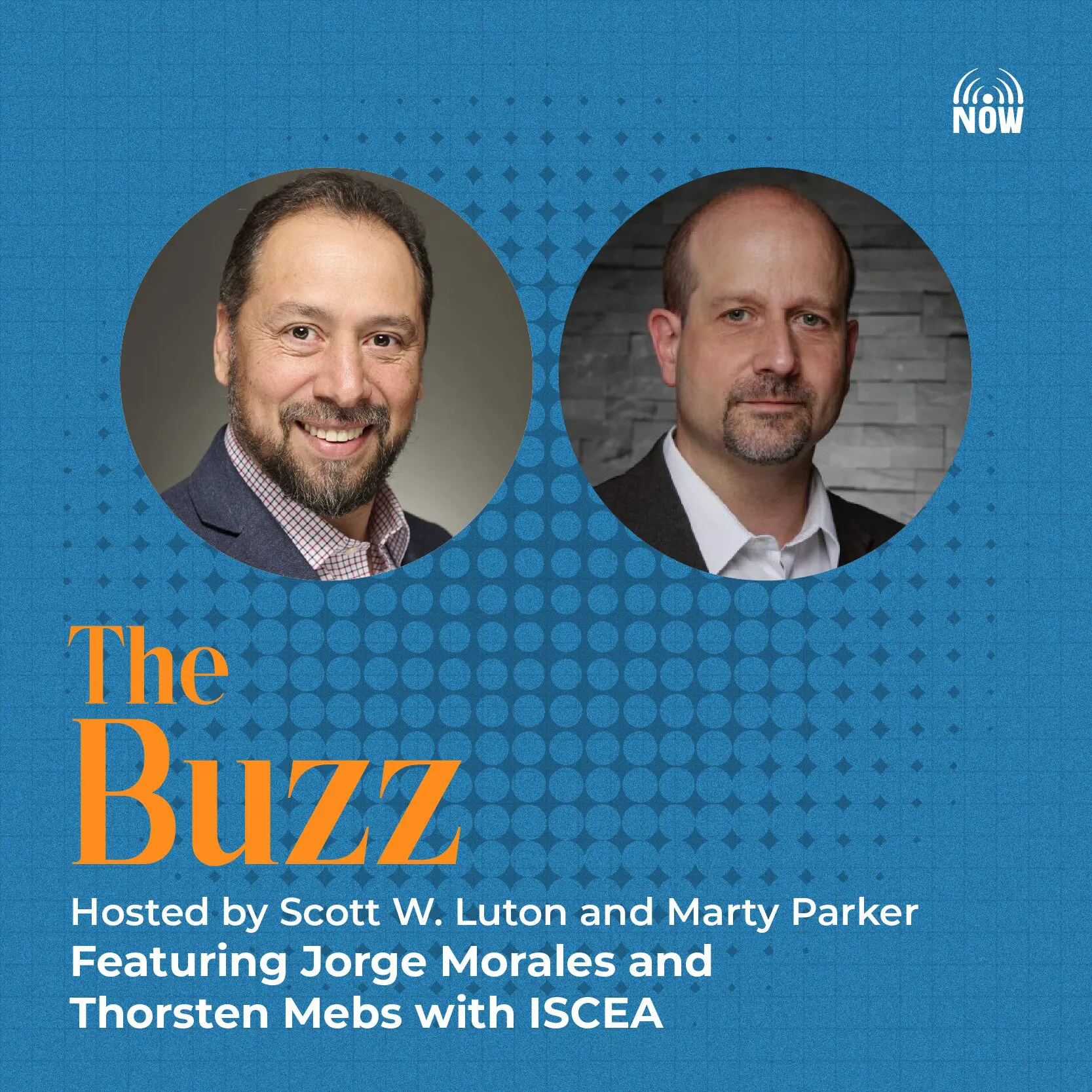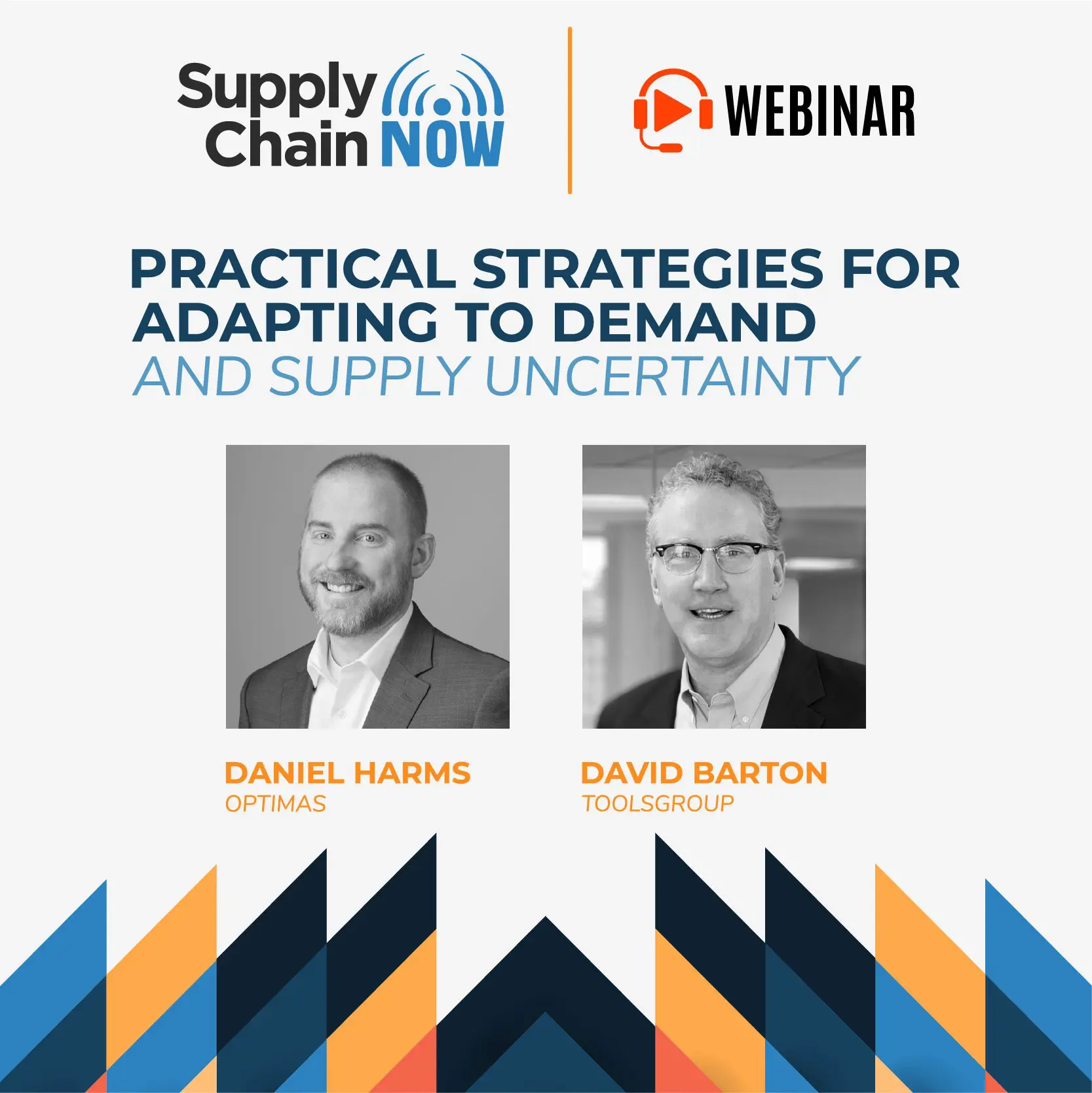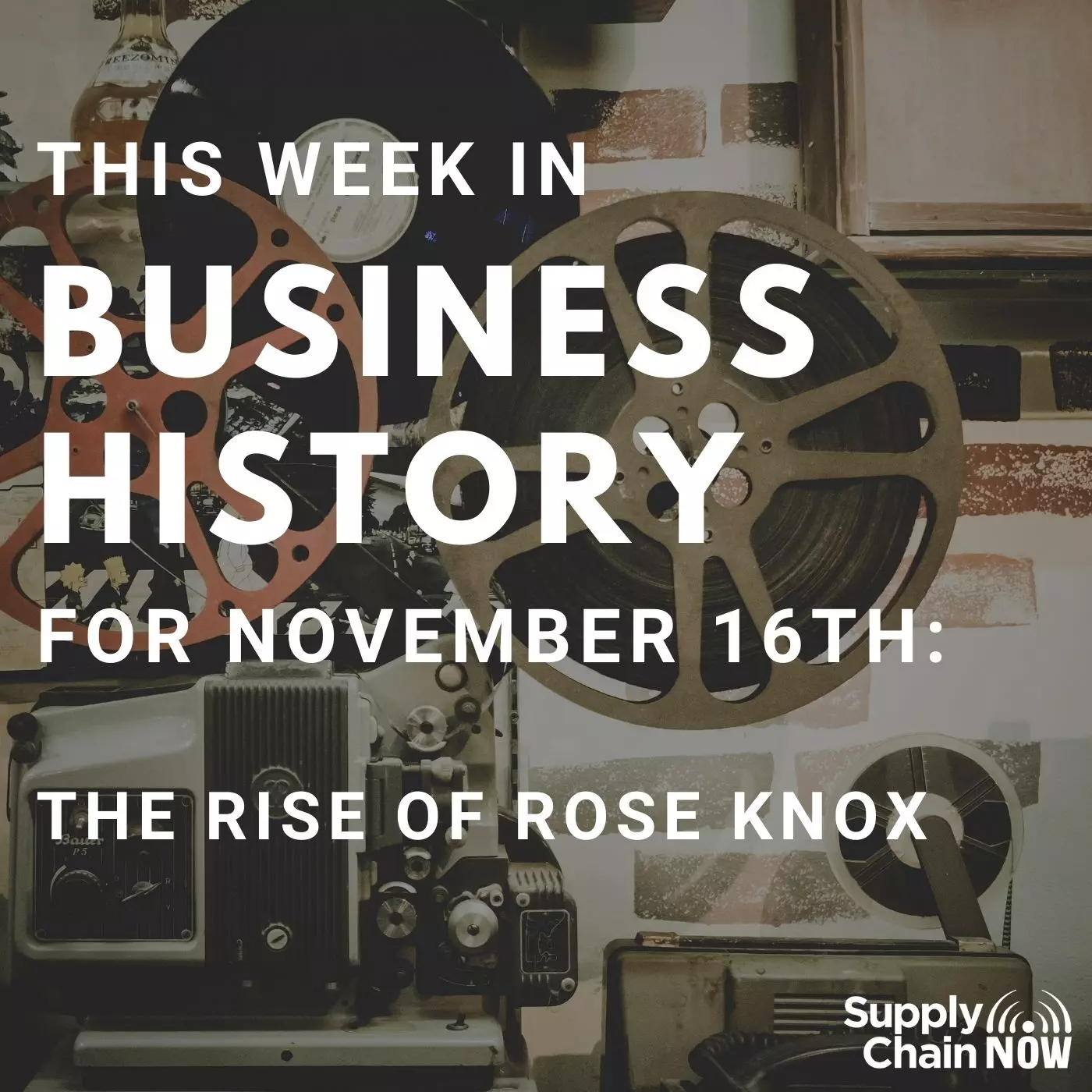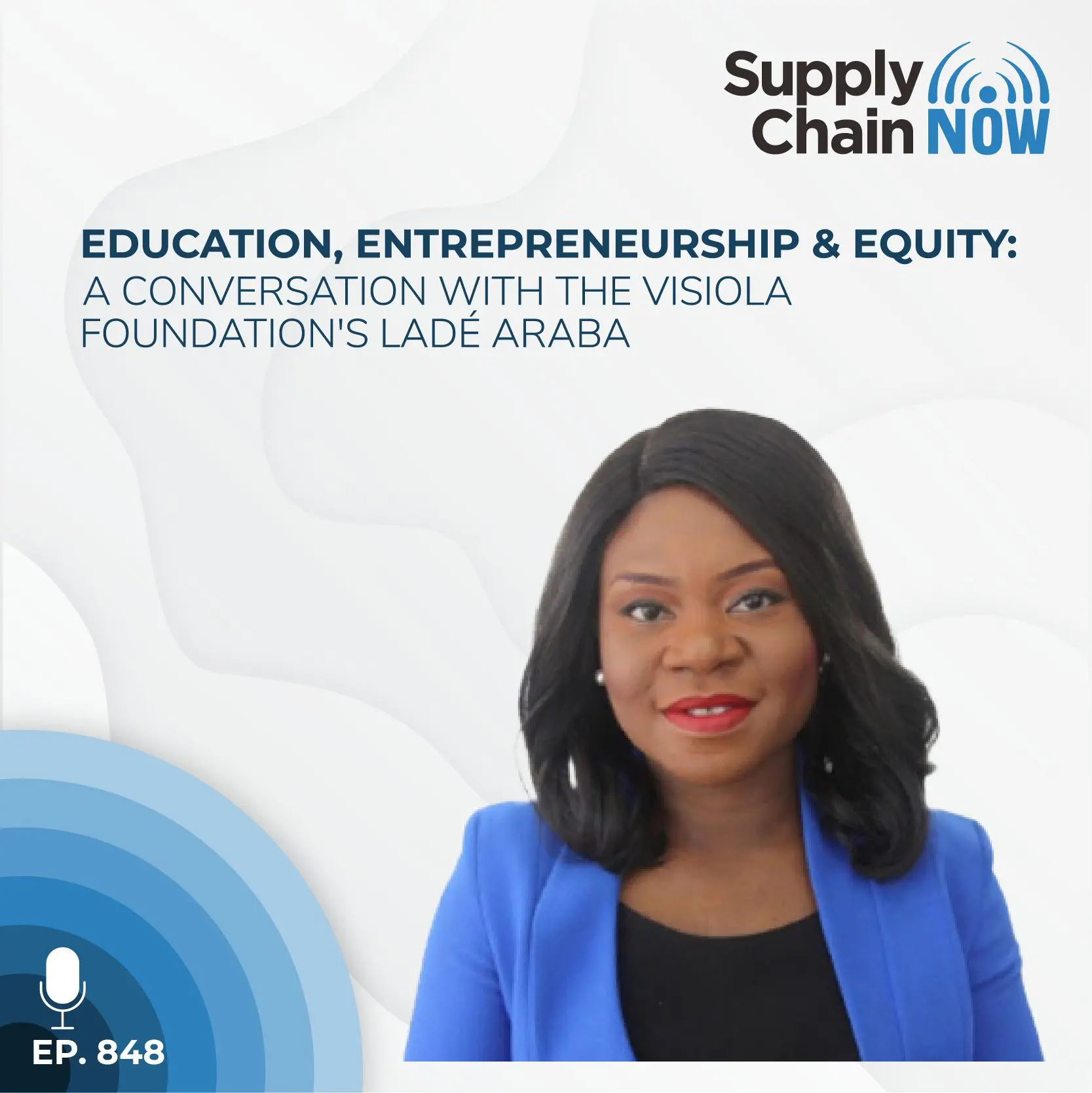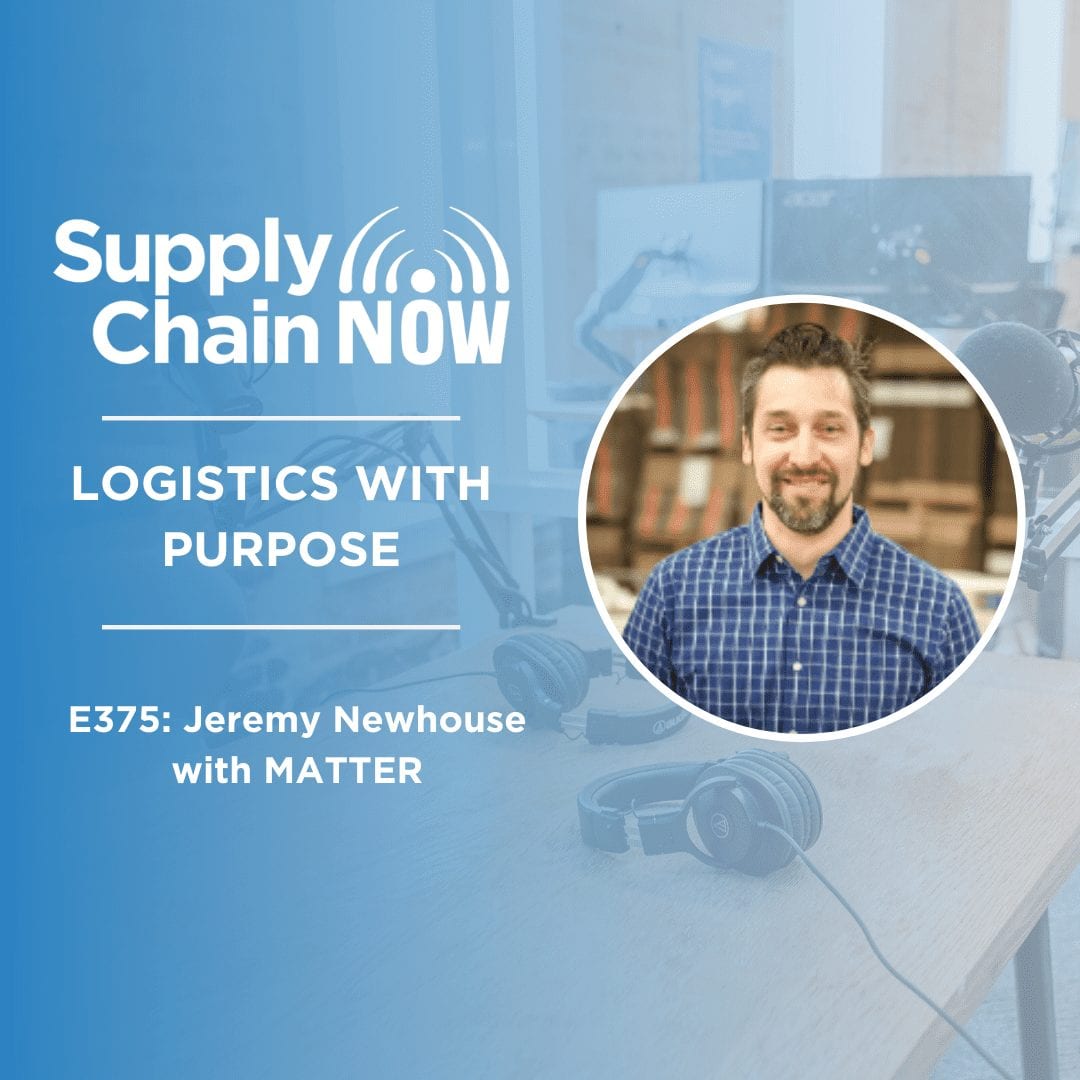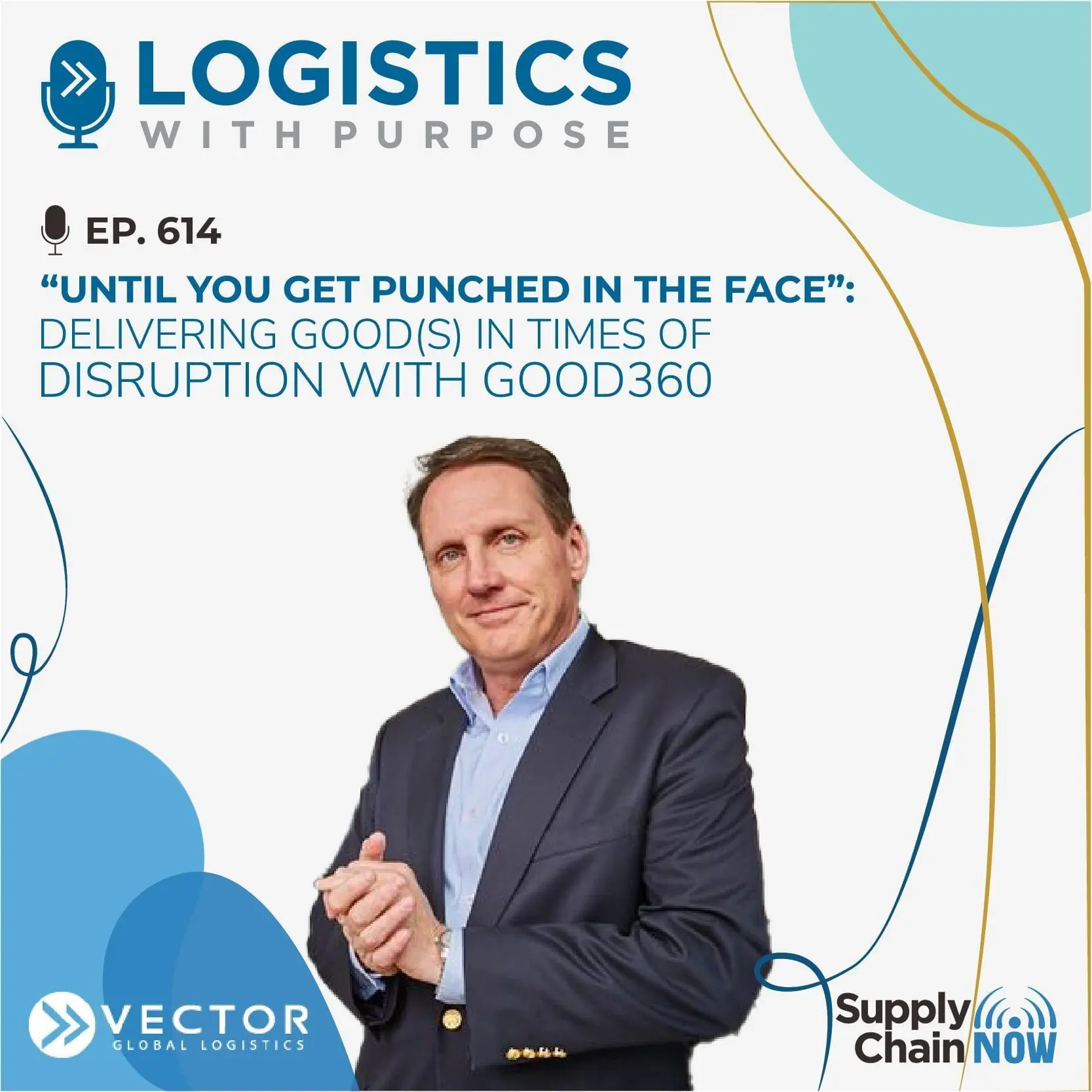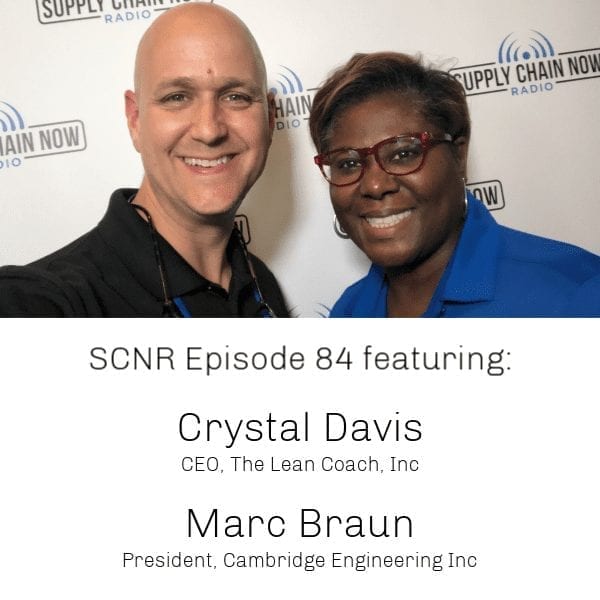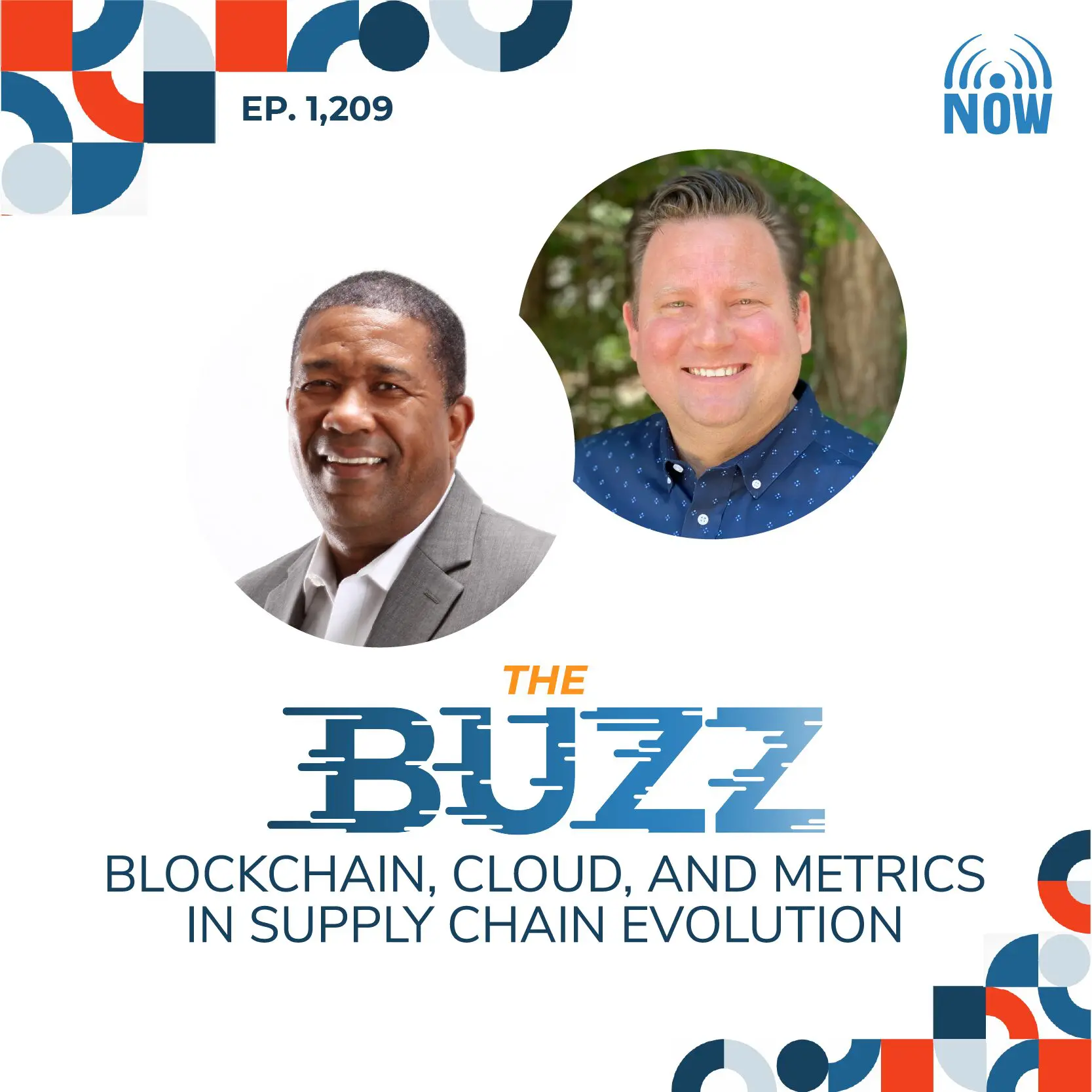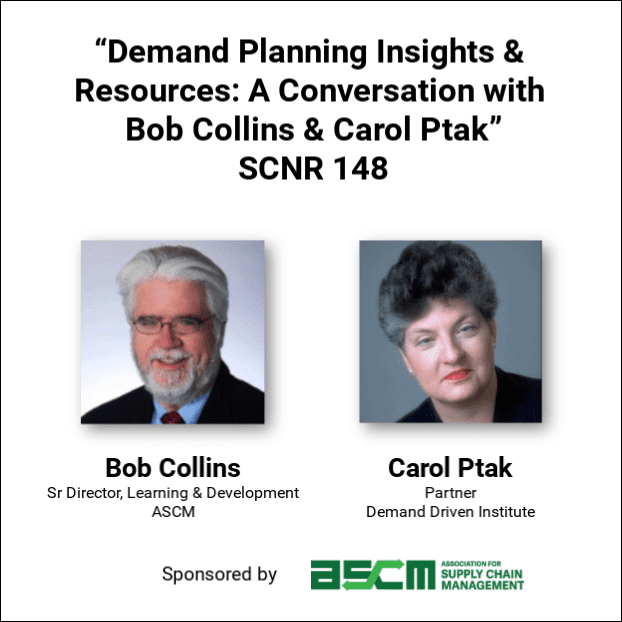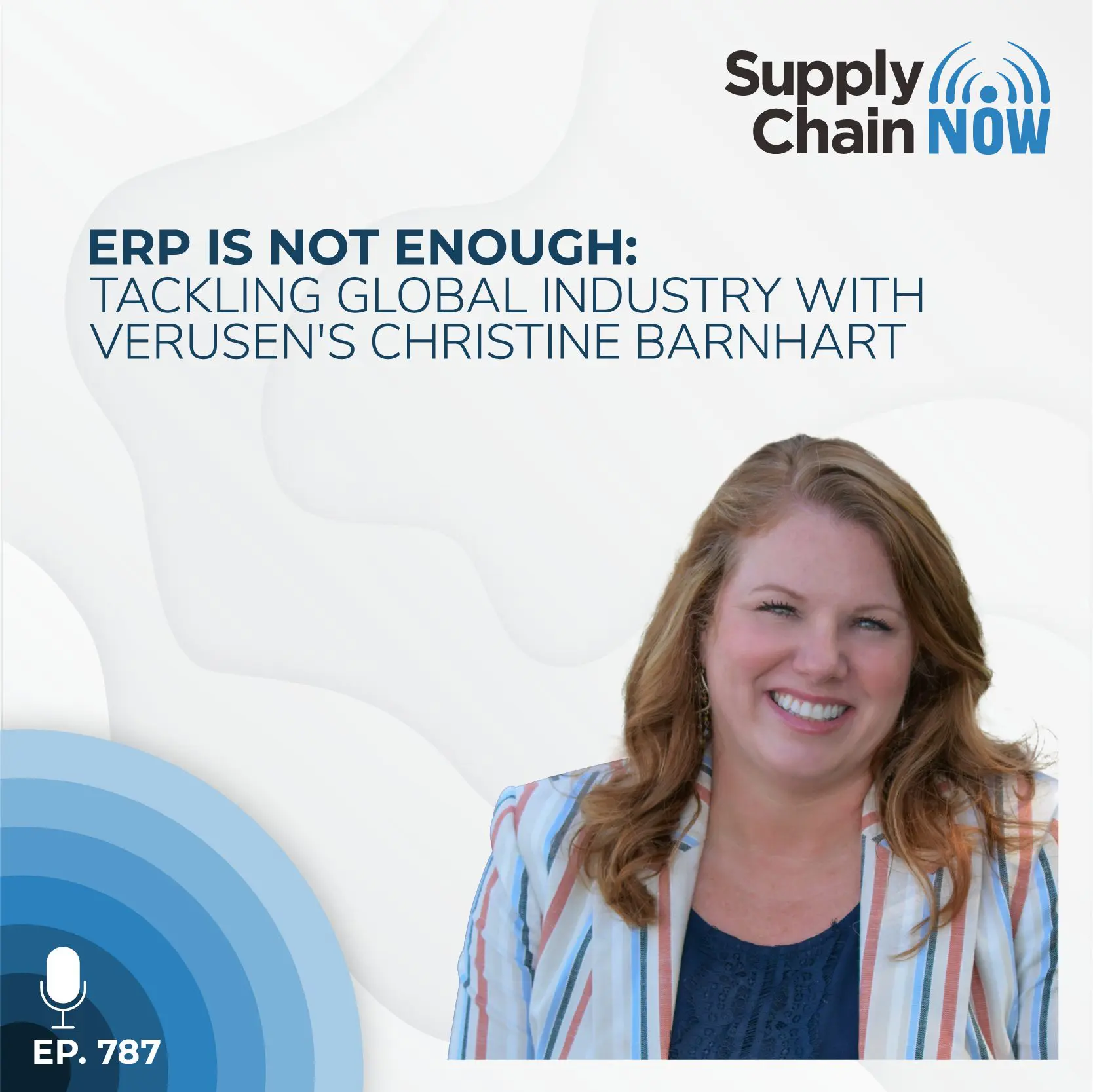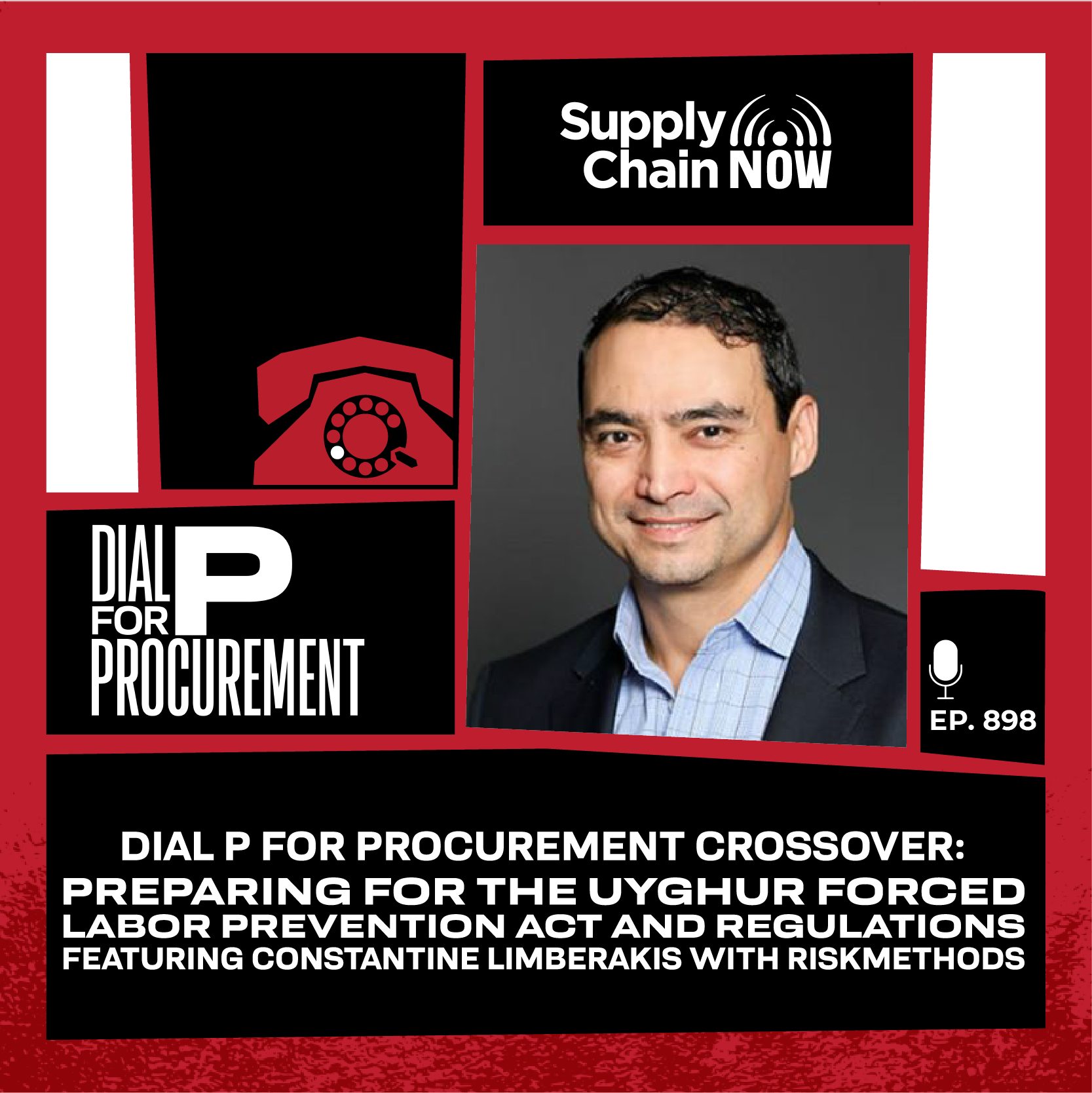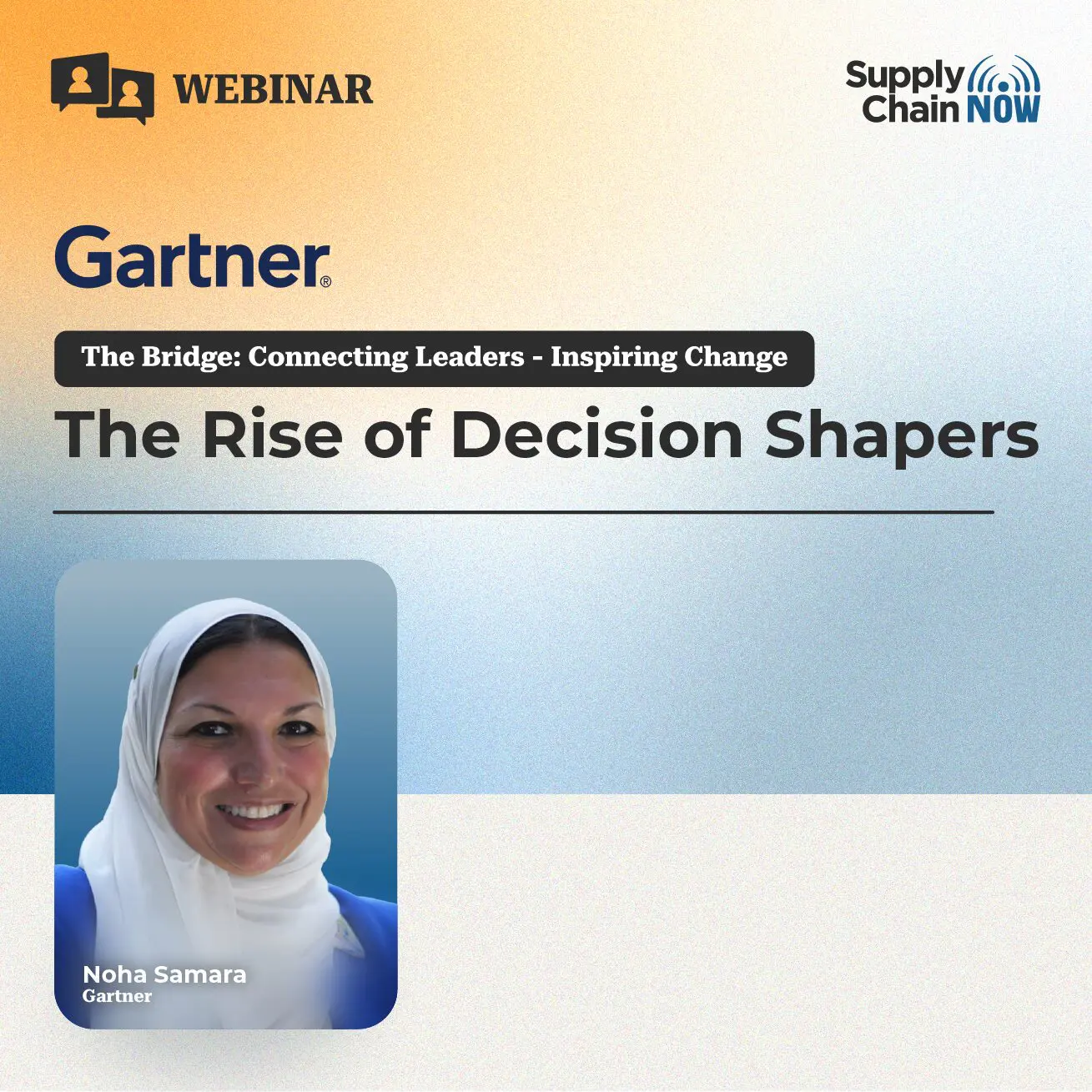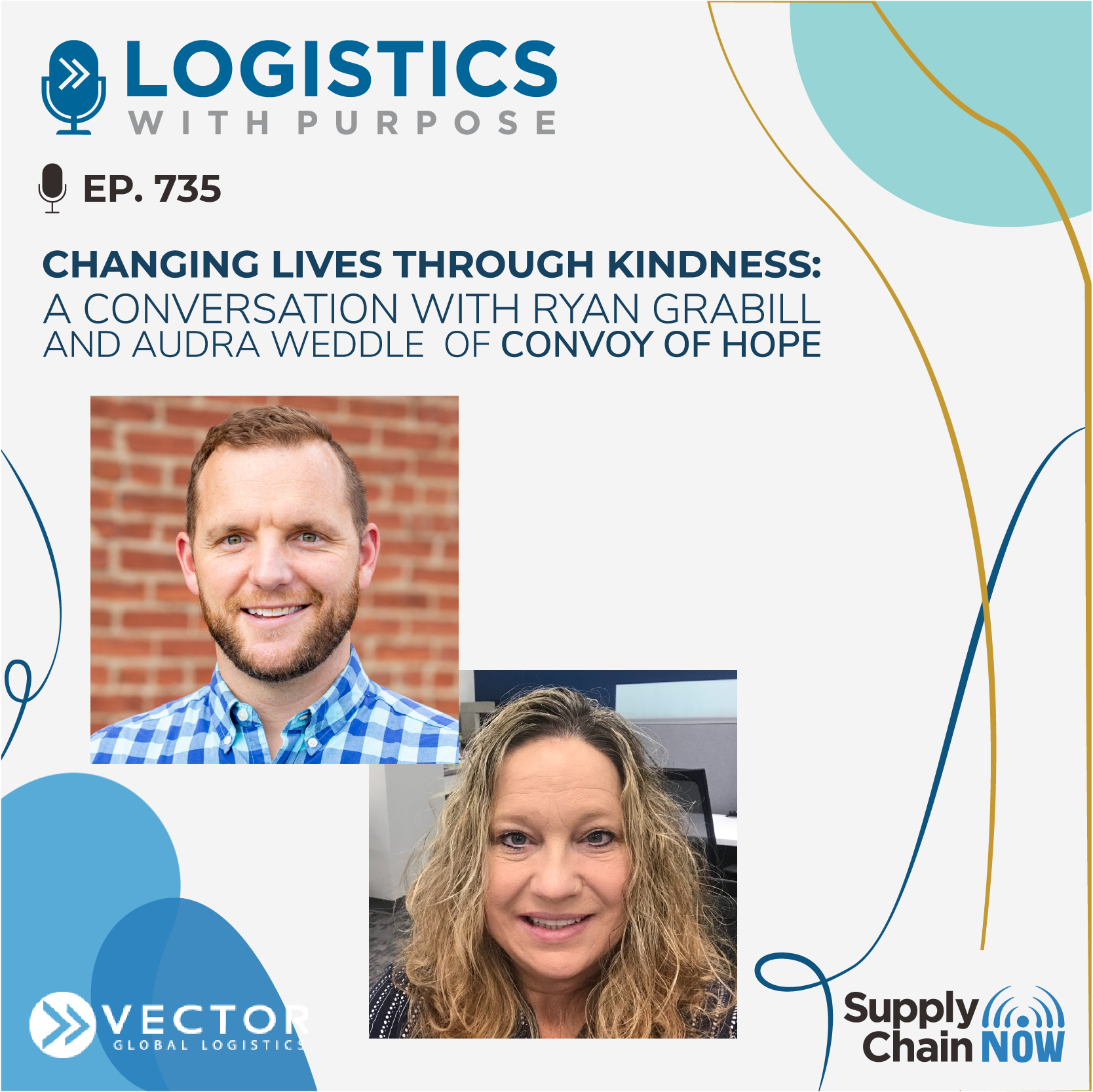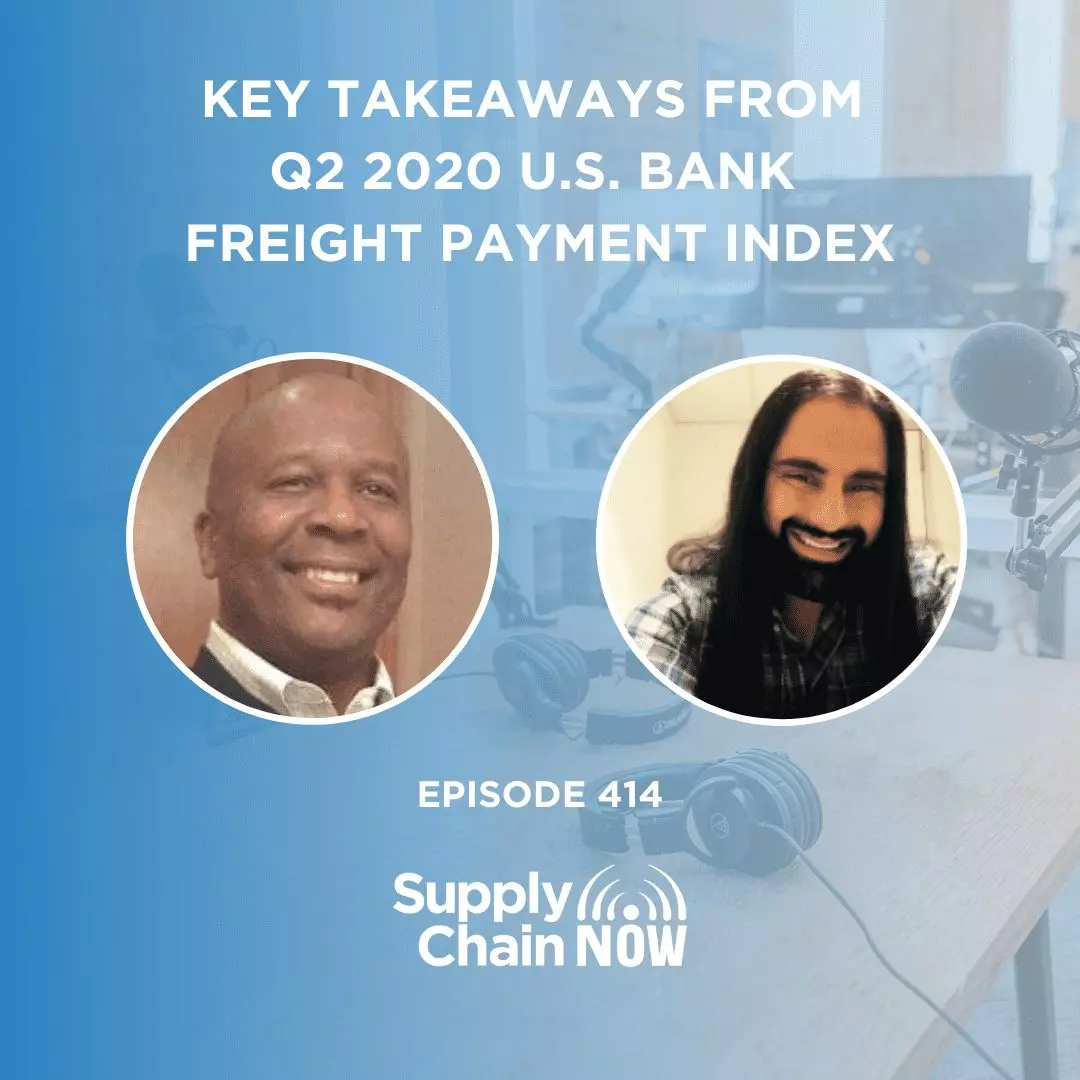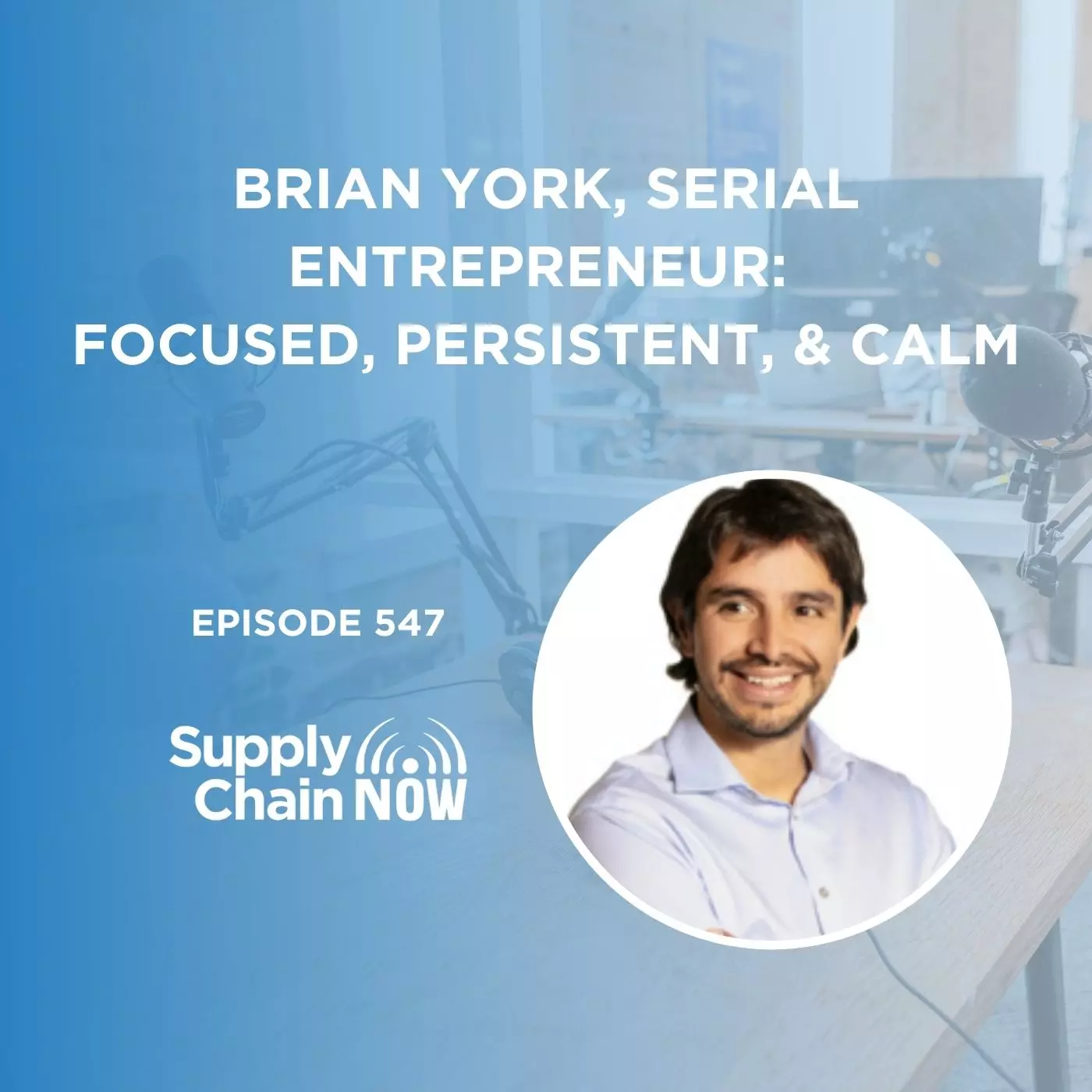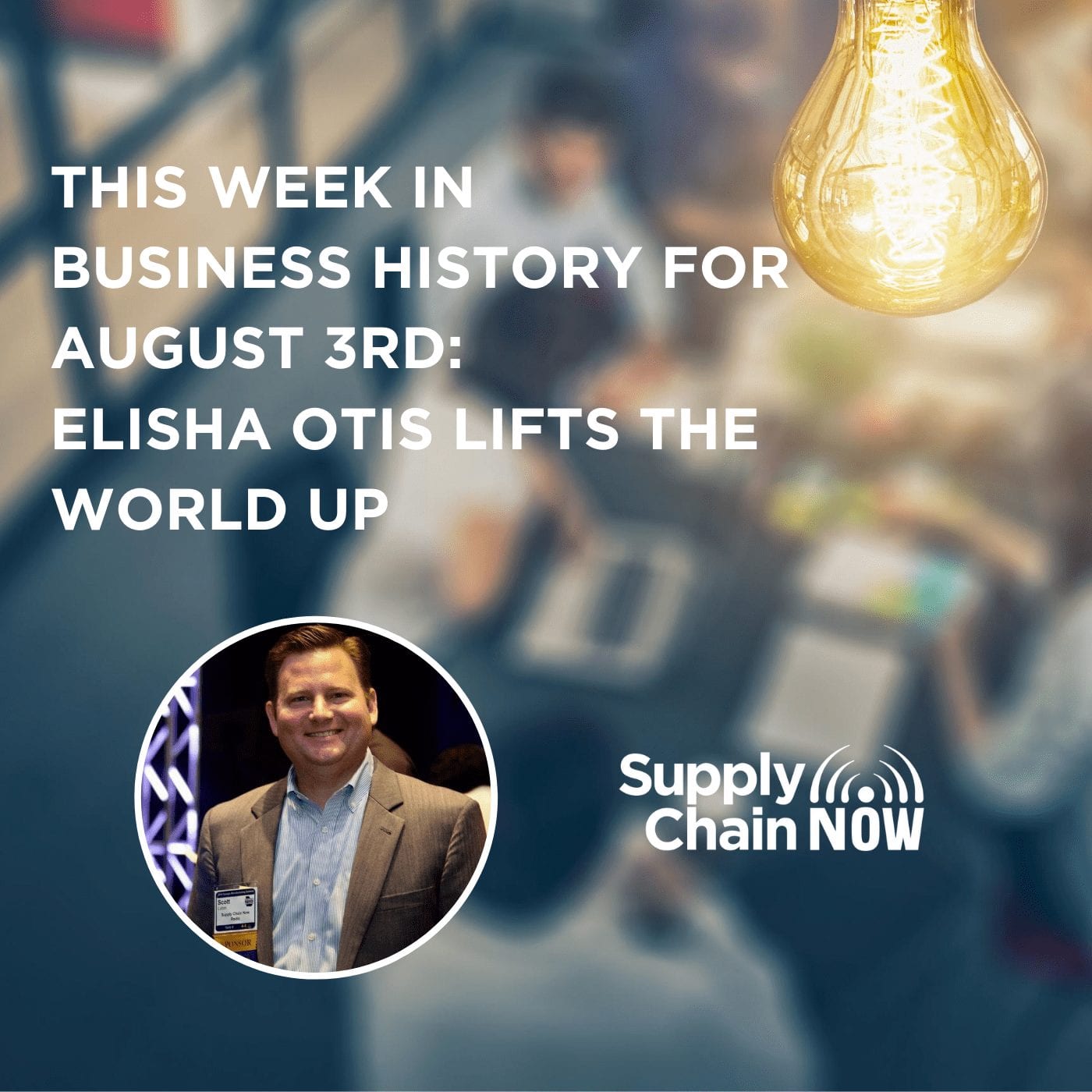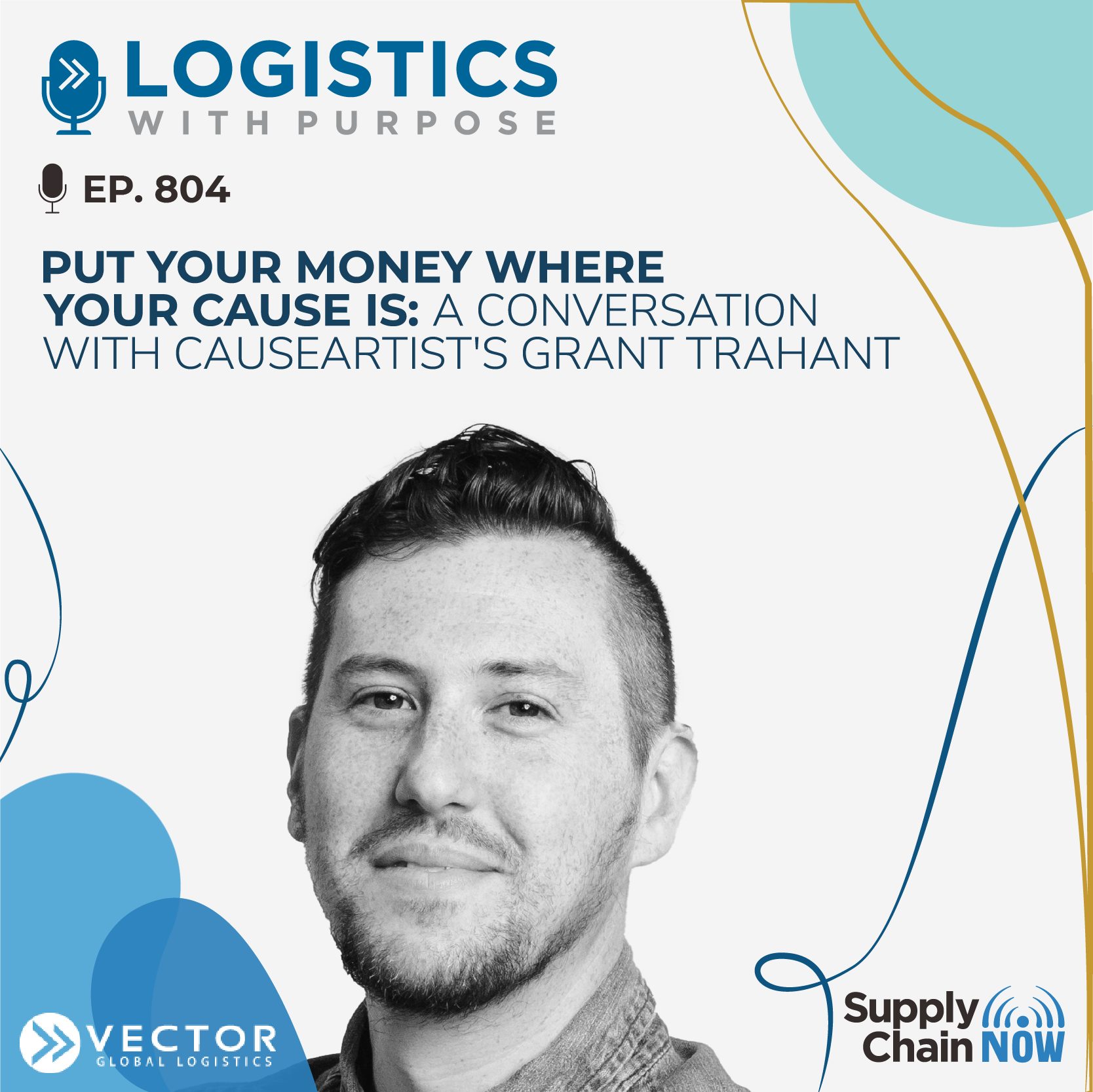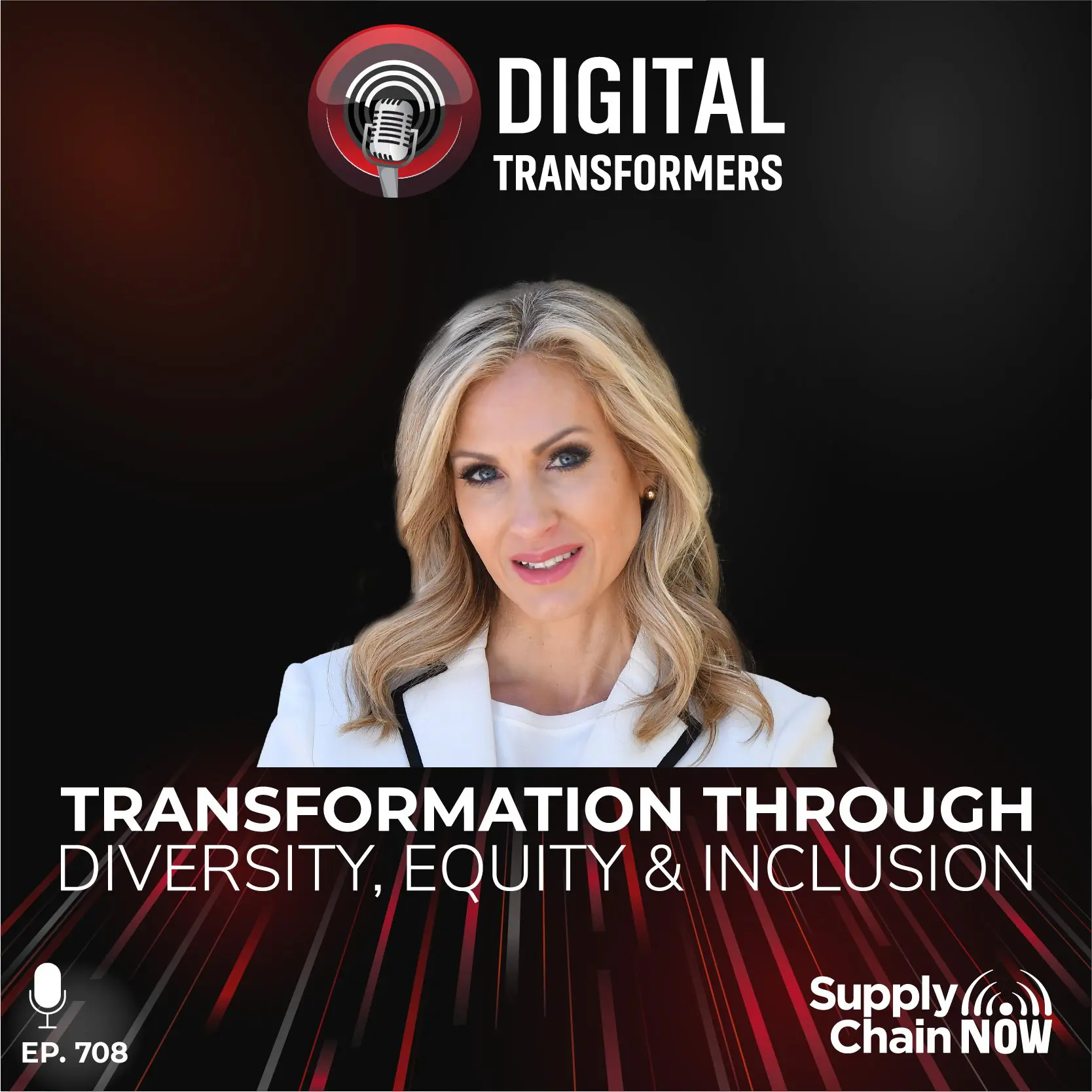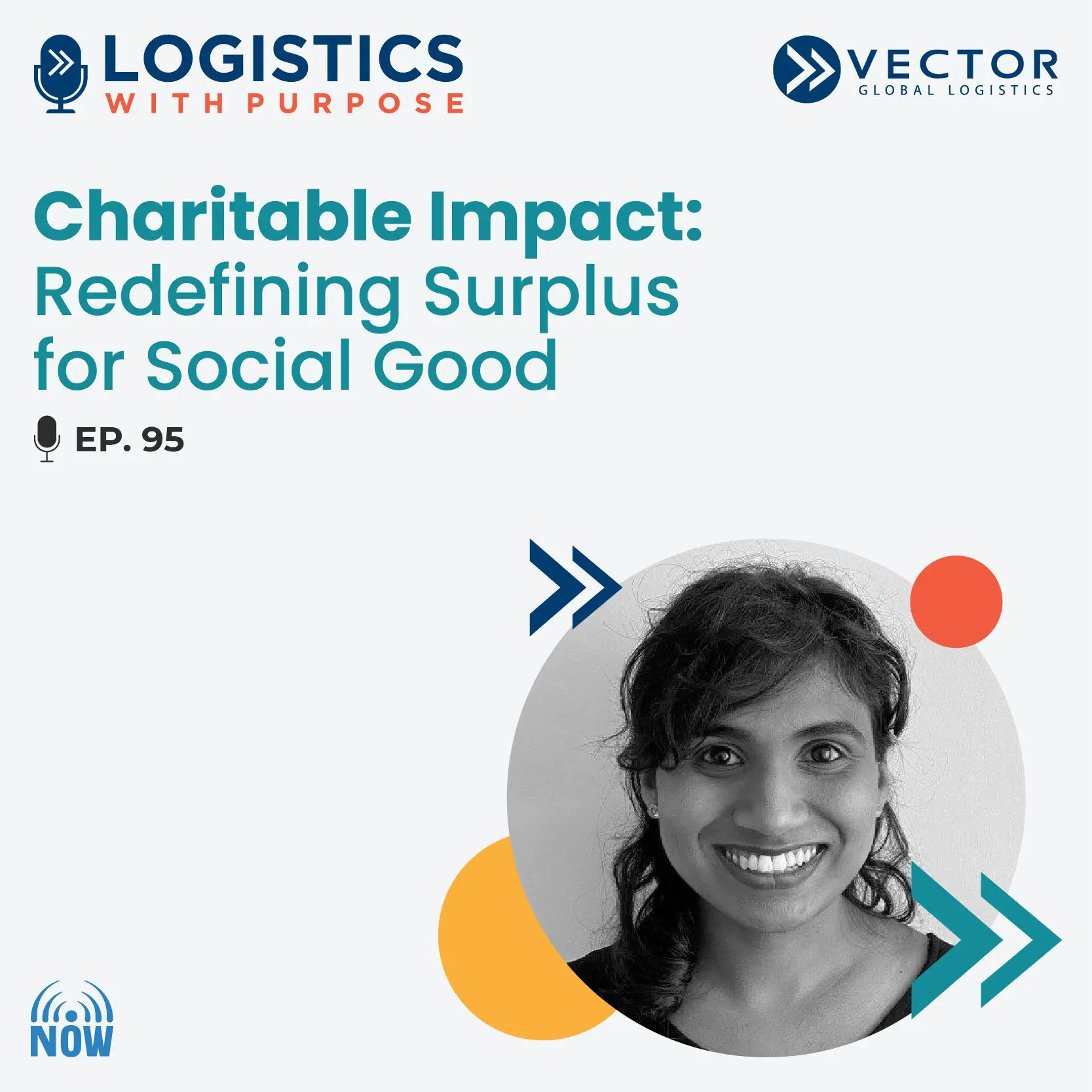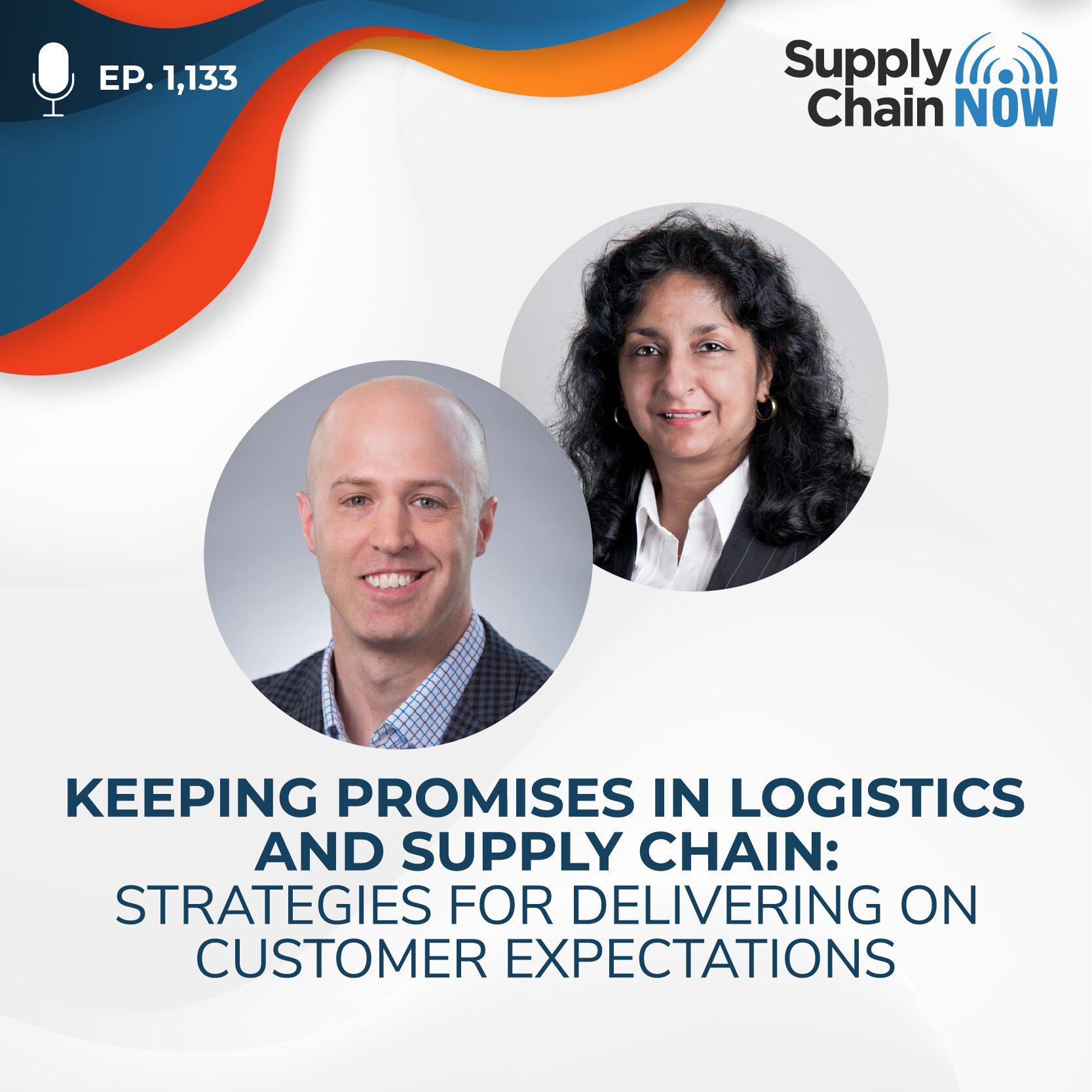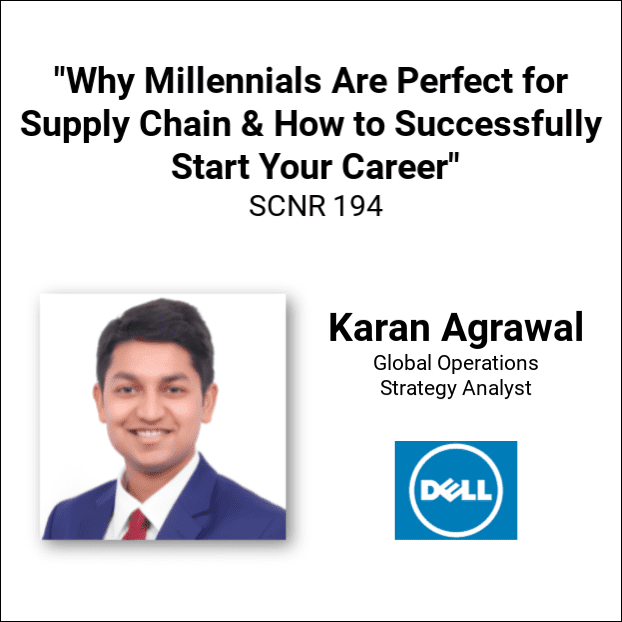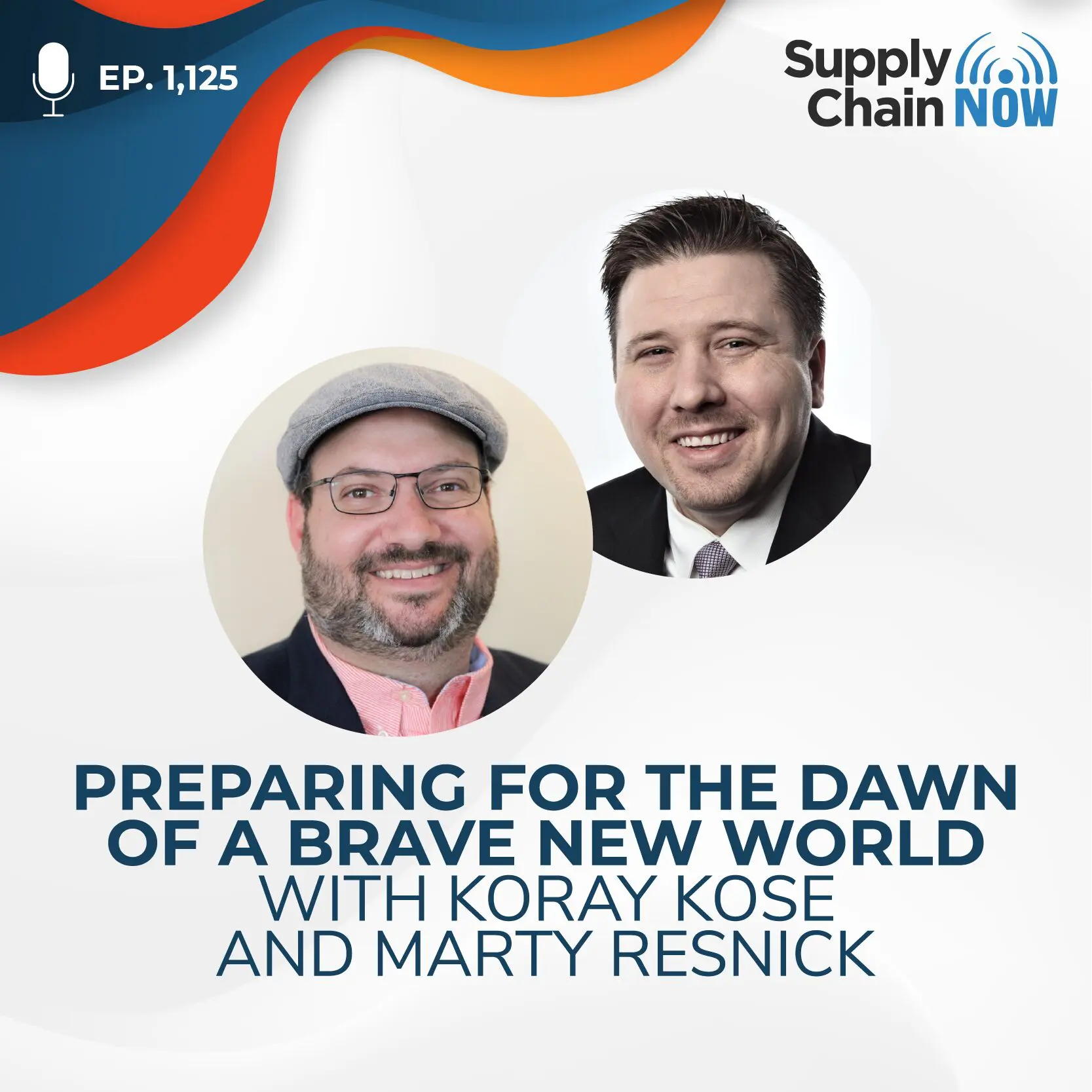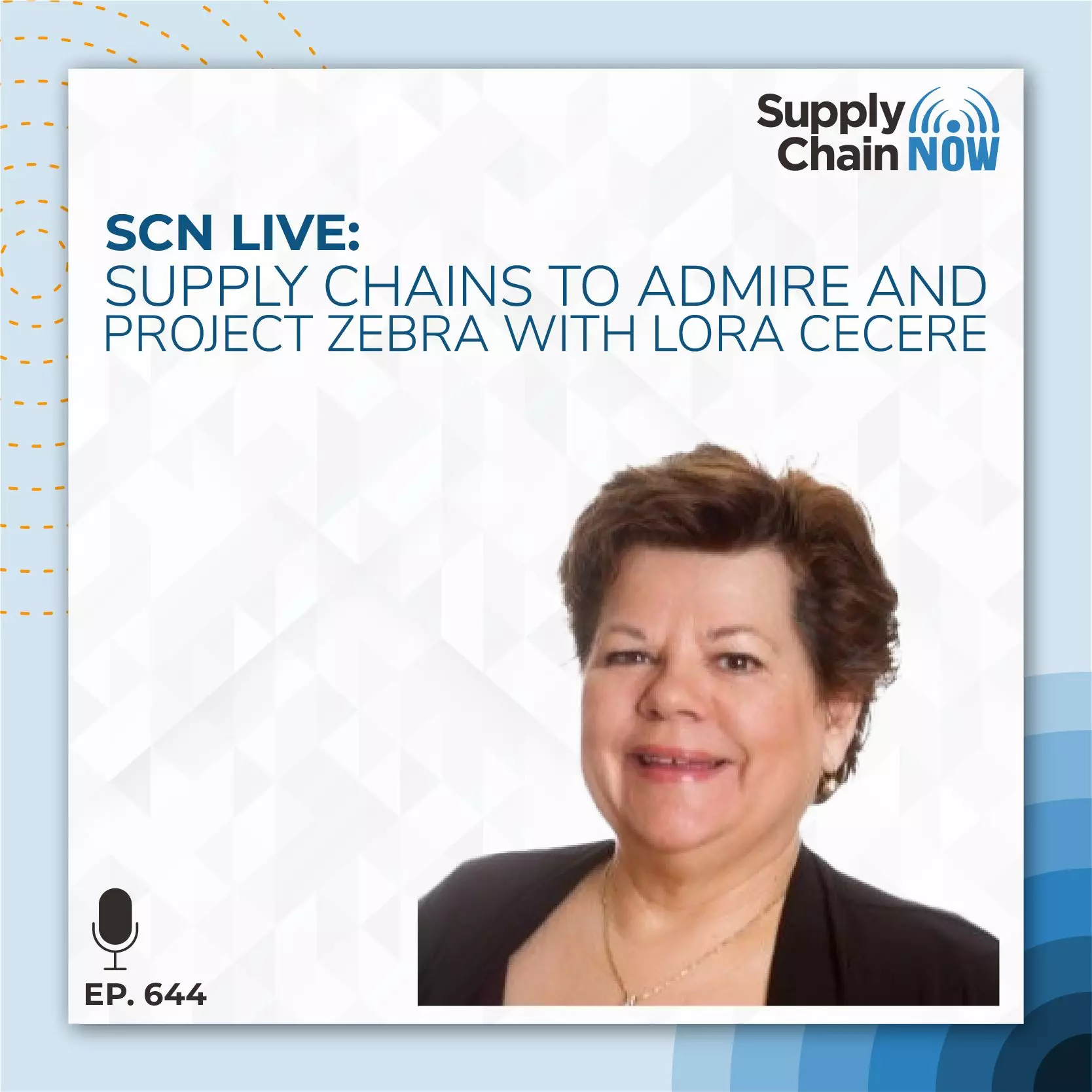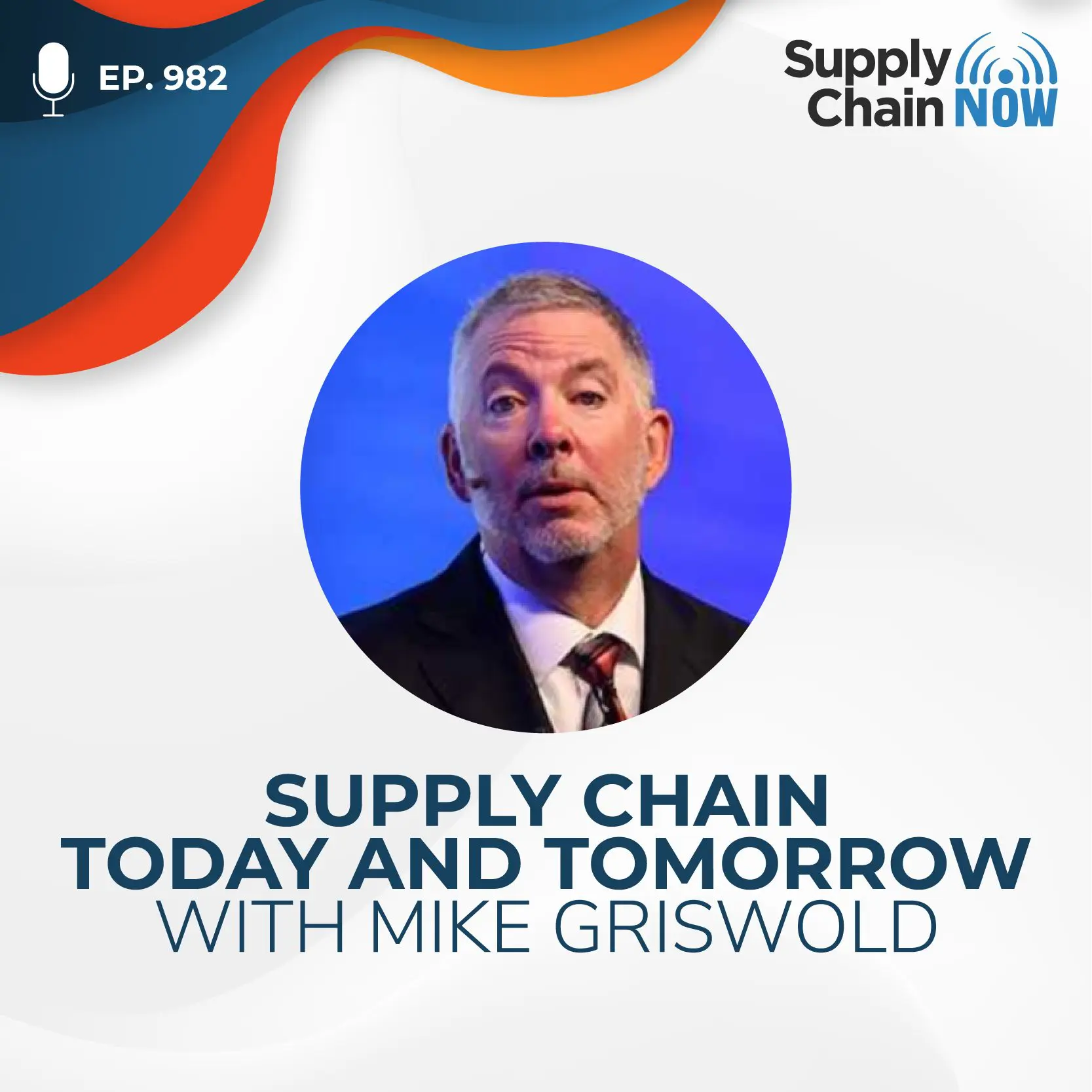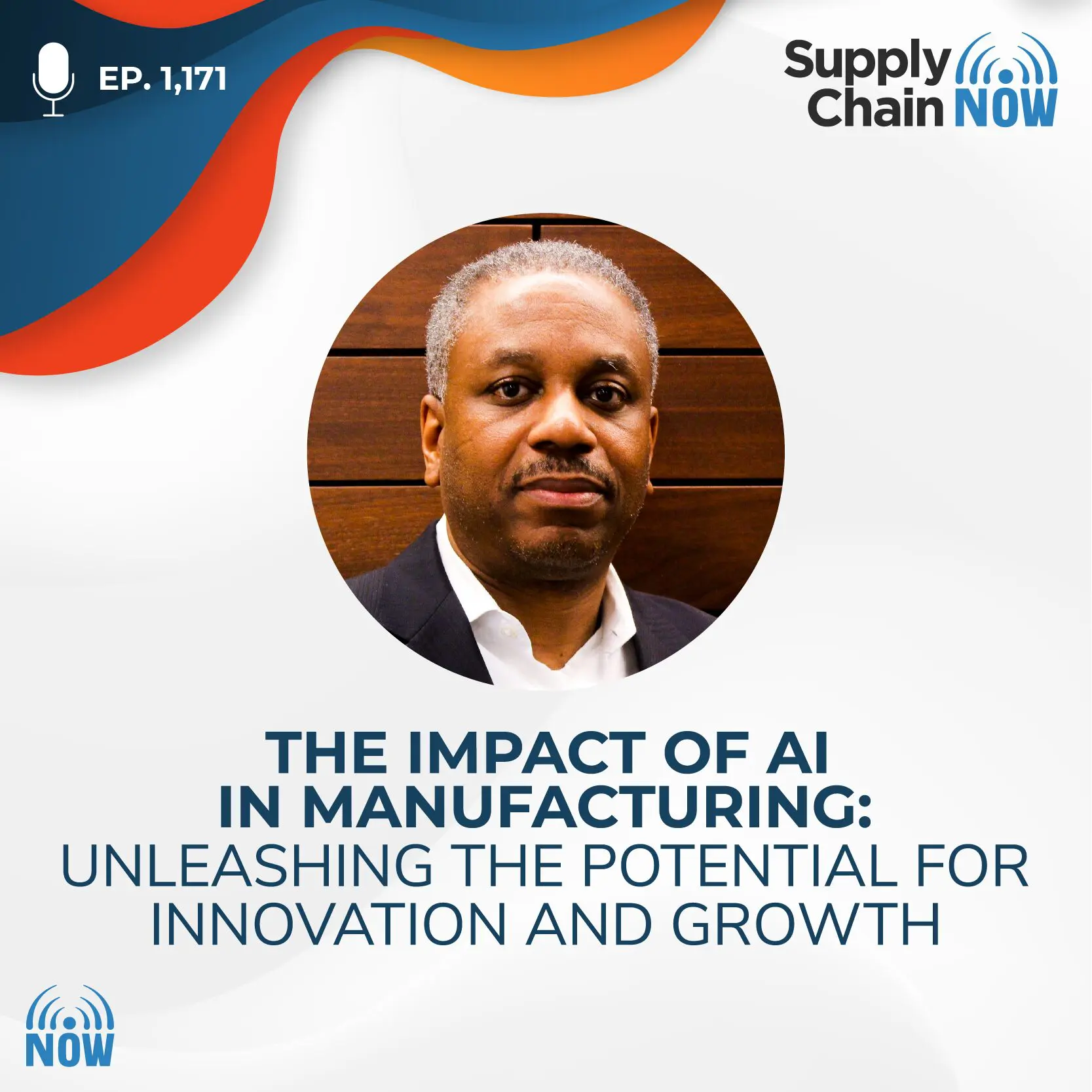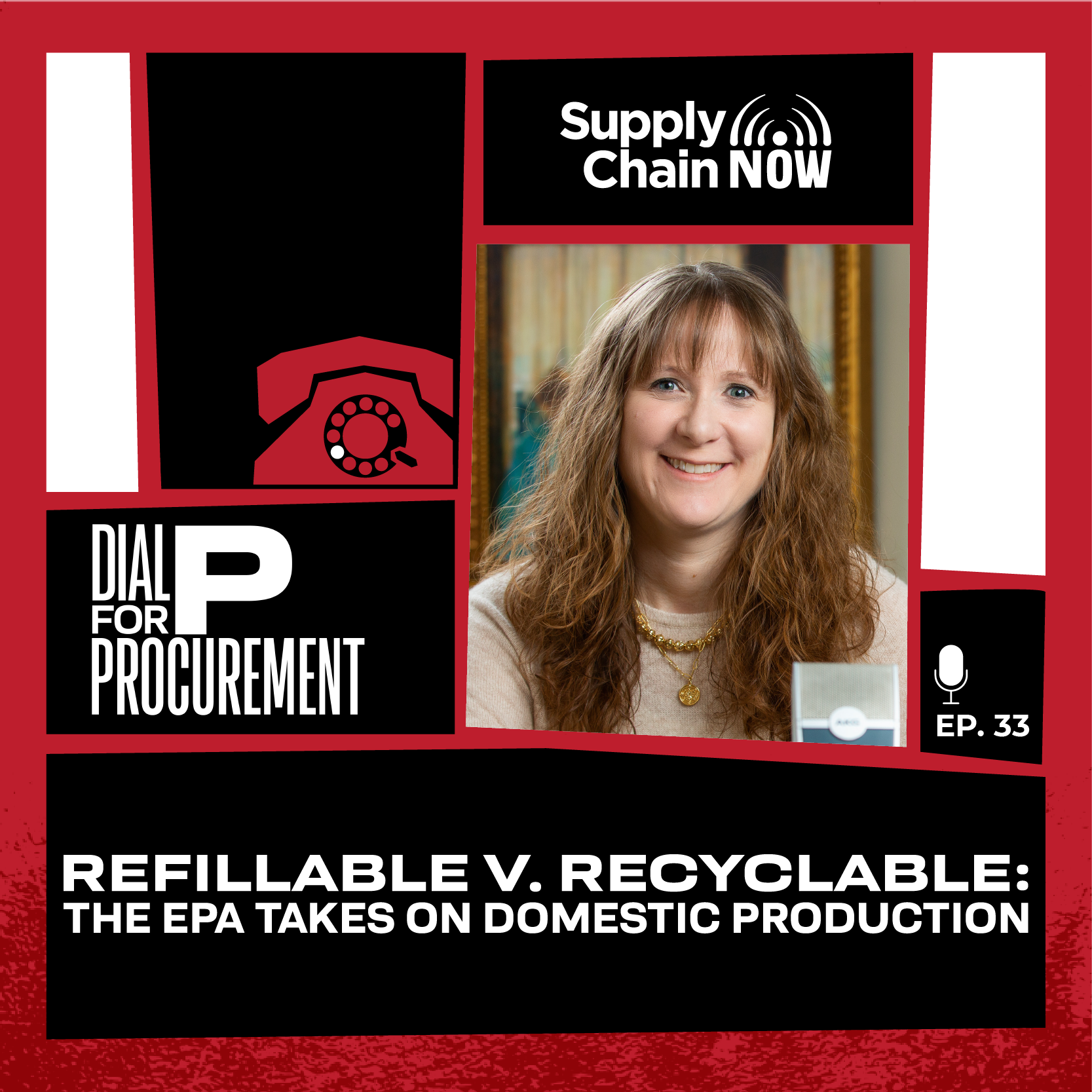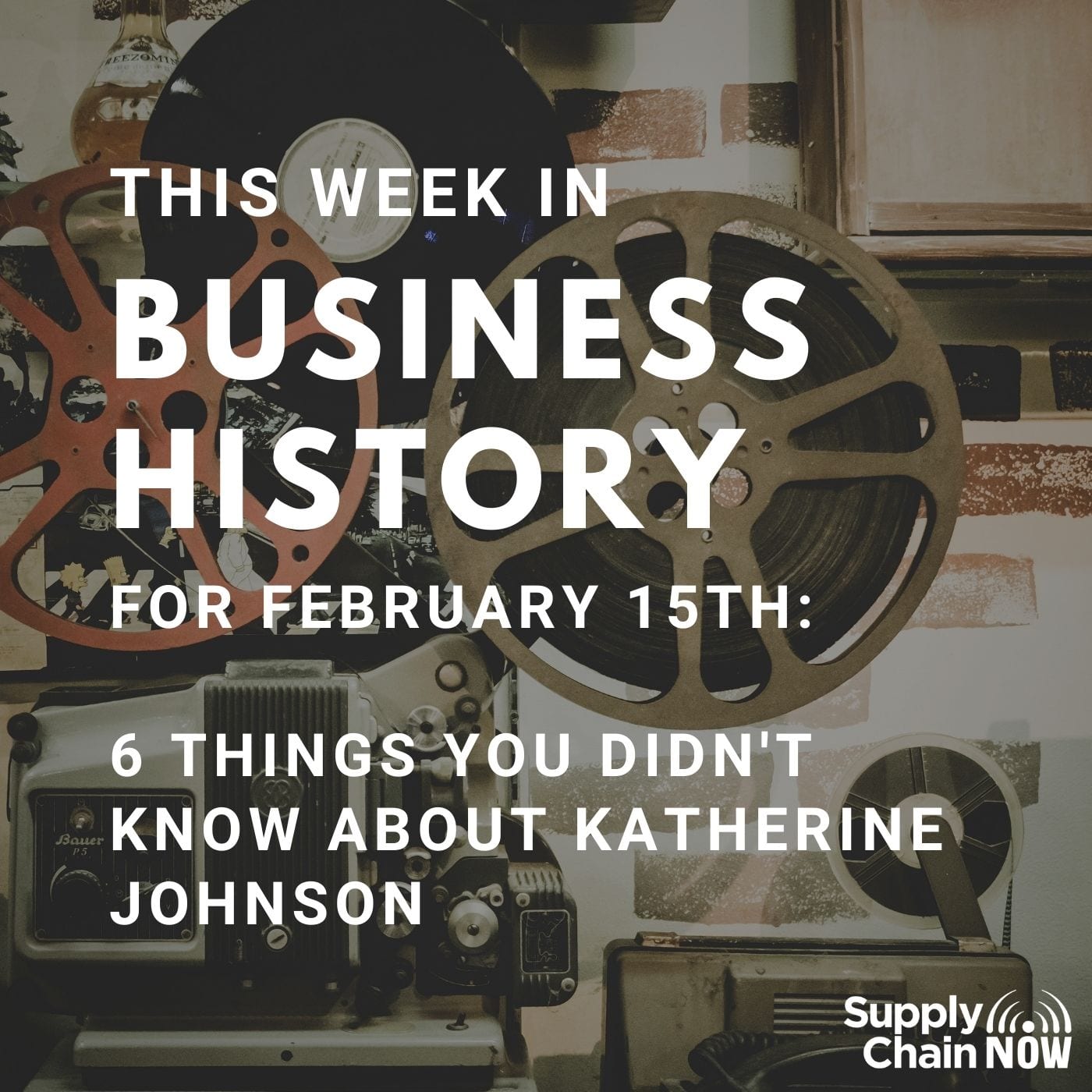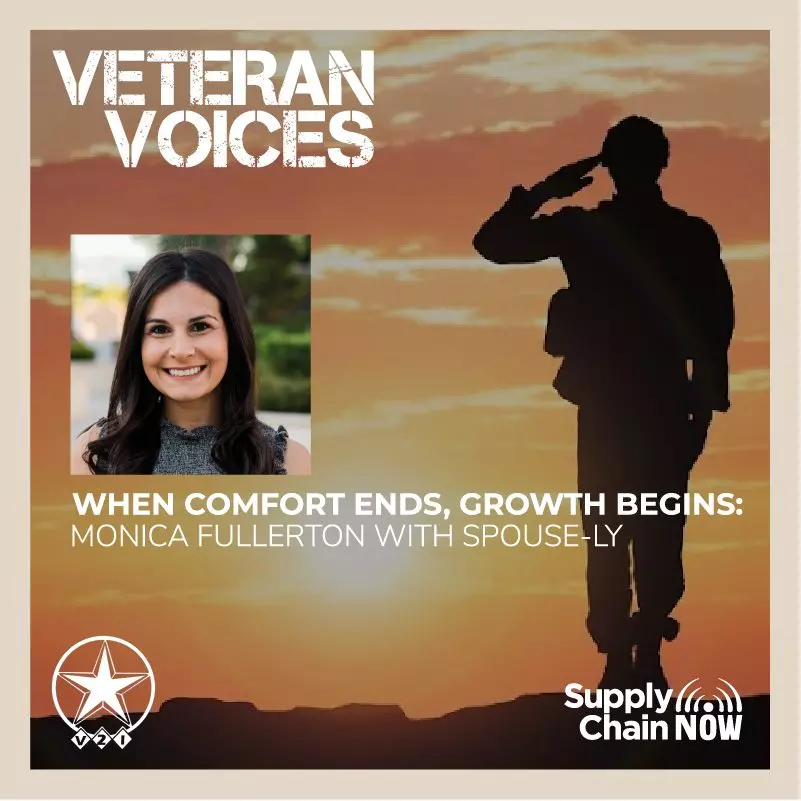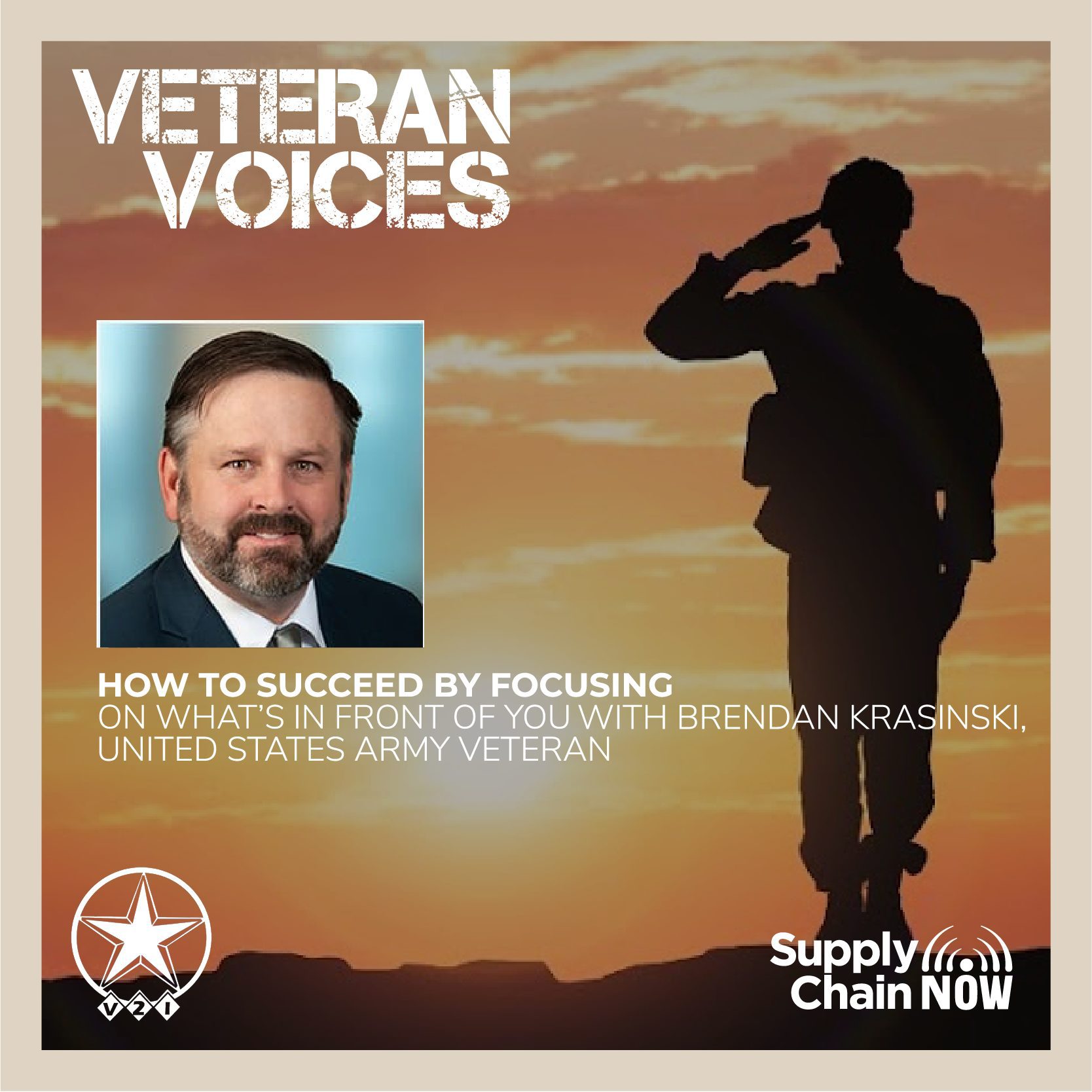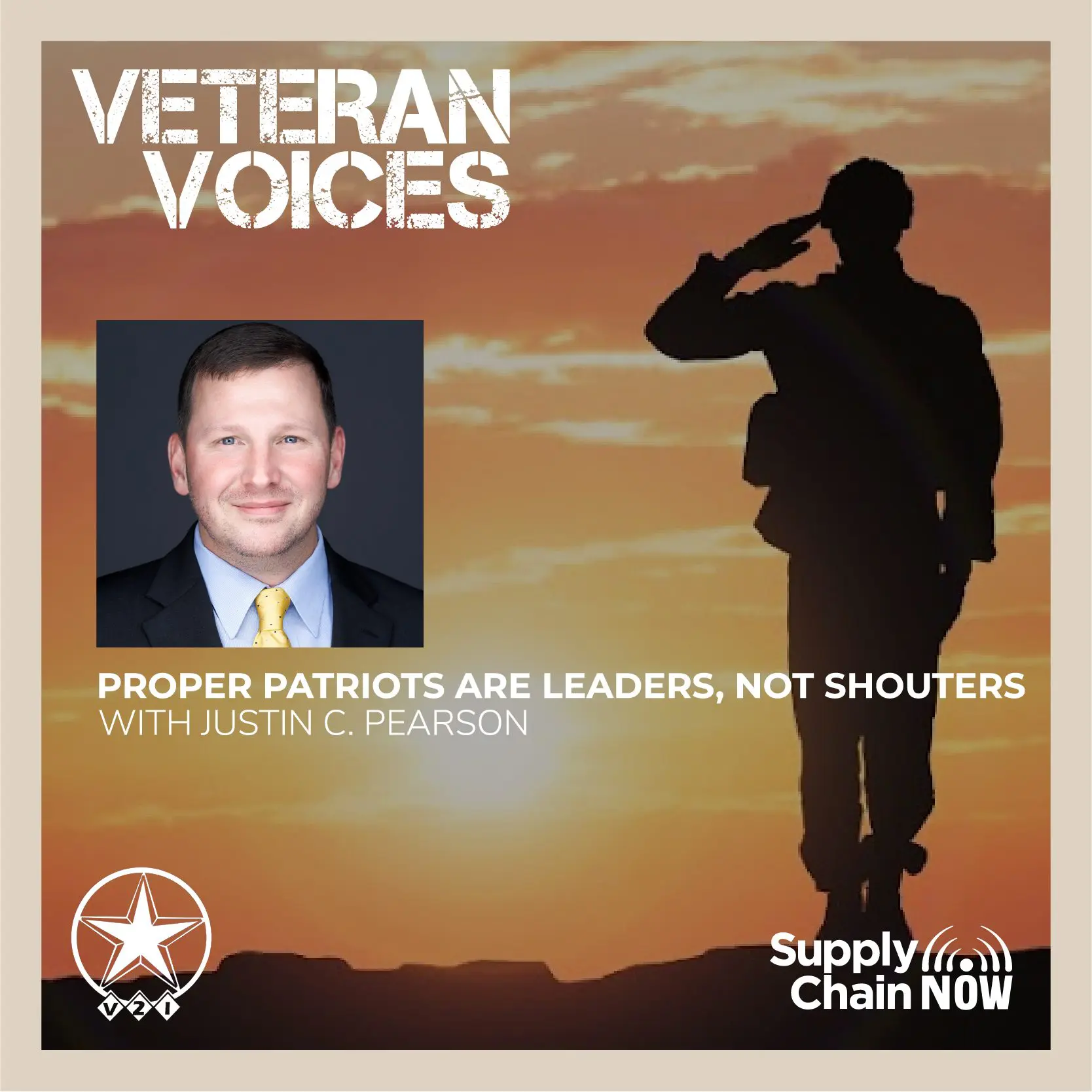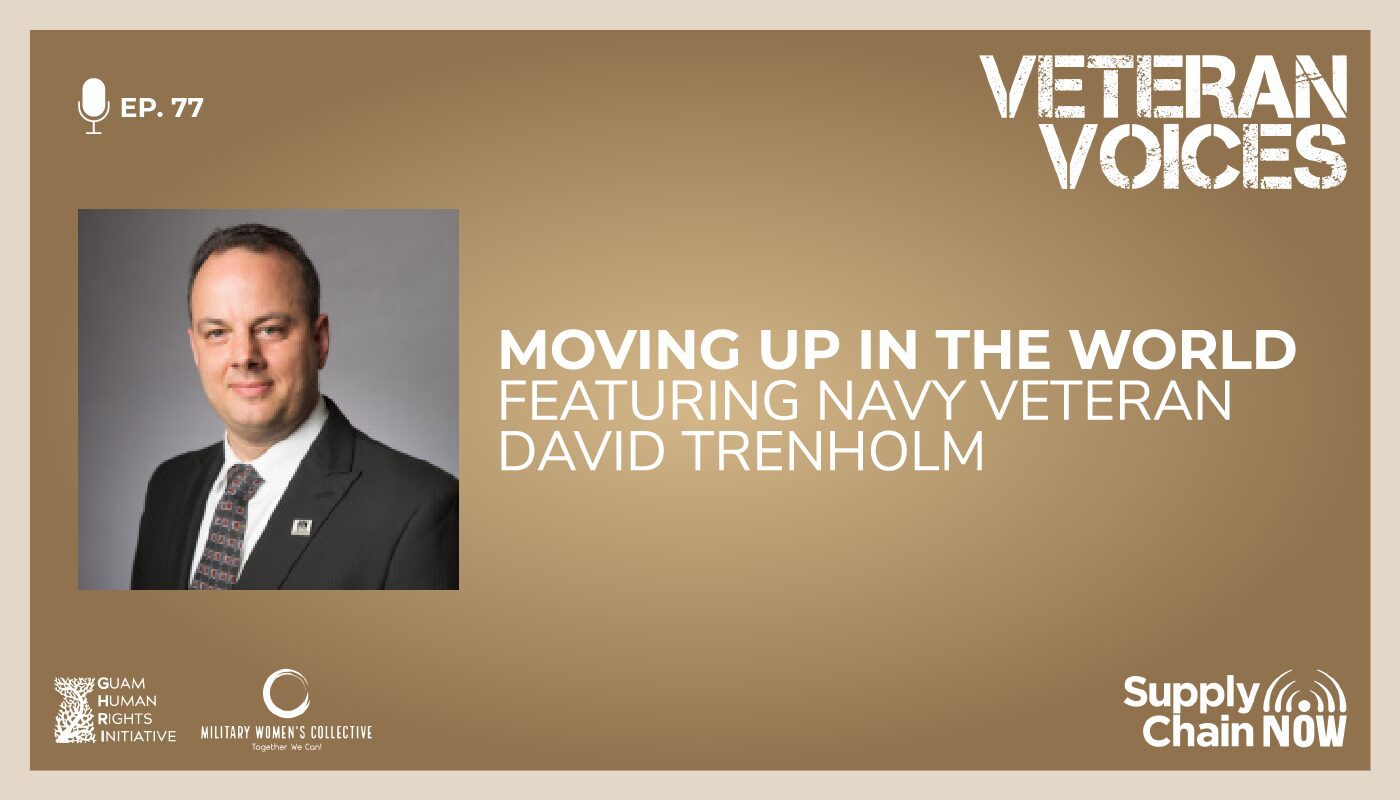
I wanted to see the world, I wanted to get an education. I came from typical middle-class family that lived paycheck to paycheck. The only way I saw myself moving up in the world was to join the military because I wasn't smart enough and I wasn't athletic enough to get scholarships.
- David Trenholm, U.S. Navt (Ret.)
Episode Summary
Navy Veteran David Trenholm inherited two things from his family that ultimately helped him succeed. One was a solid blue collar work ethic and the other was a multi-generation tradition of service in the United States Navy.
David served in the Navy for over 20 years, but his service did not end with that phase of his life. Today he is an Assistant Vice President at Bank of America and sits on the board of Directors with Operation New Uniform where he helps new Veterans find careers in the private sector.
In this interview, David speaks with host Mary Kate Soliva about:
• How his path from enlisted service to the officers’ program ultimately helped him stay connected to the sailors around him
• What it felt like to fly missions over Iraq and Syria as the caliphate fell
• The cultural fit considerations that Veterans should keep in mind as they transition from the military to jobs in the private sector
Episode Transcript
Intro/Outro (00:02):
Welcome to Veteran Voices. A podcast is dedicated to giving a voice to those that have served in the United States Armed Forces on this series jointly presented by Supply Chain now and Vets to industry. We sit down with a wide variety of veterans and veteran advocates to gain their insights, perspective, and stories from serving. We talk with many individuals about their challenging transition from active duty to the private sector, and we discuss some of the most vital issues facing veterans today. Join us for this episode of Veteran Voices.
Mary Kate Soliva (00:48):
Hello everyone. This is Mary Kate Soliva here with you. Hosts of Veteran Voices in partnership with Military Women’s Collective, over with Marina Redneck, doing great things over there. And also with the Guam Human Rights Initiative, where you can find more about them. At guam hri.org. This streaming Veteran Voices is part of the supply chain now family where you can tune in wherever you get your podcast from. Really excited to kick off this year with an incredible guest and dear friend of mine, an amazing also Navy veteran. He served over 20 years in the United States Navy and he wears numerous, many hats, but he’s also assistant vice president over at Bank of America and also does incredible work on the board of Directors with Operation New Uniform. So if you join me in welcoming David Trenholm, thank you so much for joining me today, David.
David Trenholm (01:49):
Hey, Mary Kate, happy to be with you today.
Mary Kate Soliva (01:52):
Yeah, I’m super excited. I was like, who am I going to talk to next on Veteran Voices? And as some of our return listeners know, or maybe our new listeners don’t know, this podcast is about interviewing veterans who are continuing to serve beyond the uniform. And you know, I was sticking my head together with Marina Ick, founder of Military Women’s Collective, and I was like, who should we interview next? And we’re like, David, gotta get David on list. So David, here you are sitting here so I can pick your brain and share with the world some more about you. So I love kicking off the show with some pep, some motivation. Get everyone caffeinated this morning with a favorite motivational quote. So hope you have one ready. You have a favorite motivational quote you’d like to share with us?
David Trenholm (02:40):
Maybe not a quote, but one of my biggest things is a Seal Admiral Beach at a college. And the one he talked about is setting goals for each day. And number one, make your bed, start up every day, get that first goal done and knock that off the list. And then continue building and achieve knocking out goals every day. Oh,
Mary Kate Soliva (02:57):
I love that. I actually, actually, gosh, and I’ve seen that speech before and it’s really moving, but I think he got me on this traction of let’s make my bed every morning. And then I’m just disappointed when I look at it. Cause I do think about that and just something that simple. And I think it is, past year I heard a lot of folks saying Small wins, small wins. And that wasn’t something that I really understood or really thought to think about as much until this past year. Like coming out of the pandemic, people were like, we just wanna get small wins. And I think something as simple as making your bed, you’re like, that’s your small win for the day and come back and like, I accomplished something. So definitely love that. And not that we’re gonna go way, way back. Sometimes I feel like I end up dating my veterans when I say how many years they served <laugh>. I wanna take our listeners back to a time when, where you grew up and if you could share a little bit about where you grew up and some of those, uh, lessons learned there, sort of a moment in time.
David Trenholm (03:57):
So I grew up in, uh, Rockford, Illinois, second largest city in Illinois. But I mean, that’s not saying much. It’s probably about 200,000 compared to Chicago, which is, I don’t know, seven and a half, 8 million. Yeah. So large city feel. I grew up, my mom worked in a factory for 20, 30 years herself, if not more. My dad worked a lot of jobs like lumber, yards, factories, odd jobs, working for themselves. And so I, I really grew up with a lot of blue collar roots, but I knew I wanted more in life. I wanted to see the world, I wanted to get an education. And I came from typical middle class family that lived paycheck to paycheck. And the only way I saw myself moving up in the world was to join the military because I wasn’t smart enough and I wasn’t athletic enough to get scholarships.
David Trenholm (04:45):
And I, and getting college loans didn’t entice me. So at the young age of 17, I enlisted in the Navy, went off to uh, great Lakes, also known as great mistakes for boot. And I enlisted as a yeoman, did really well. I went in as an E one, I made E two out of bootcamp as an honor grad, made E three timing, worked out perfect so I could take my first test for E four. Made it on first try. So I went from E one to E four in a year and a half. And about another six months later I applied for an officer program, which was called Boost, broaden Opportunity for Officer Selection and Training. So, which is a Navy prep school for college, for those in the Navy Marines that had the aptitude but maybe didn’t have the grades to get into college.
Mary Kate Soliva (05:25):
I know a, a few folks that went through Boost is with regards to your family, since you grew up in a much smaller town, like you said, compared to lead to Chicago, was your family very supportive of you joining? Did you have you come from a generational line of veterans and those
David Trenholm (05:42):
Yep, yep. So I am, I am third generation, at least Navy. So my grandfather did a couple years during World War ii. My dad did a couple years during Vietnam. So when I was going through my selection process, I immediately knew I was either gonna go Marines or Navy and I kind of went Navy because they guarantee a job. I went in and said, Hey, I wanna do either something business or uh, computers. They told me to be a Youngman, you’ll work in an office. It’s like business completely lied to me. Typical recruiter stuff. I
Mary Kate Soliva (06:09):
Spent, well my army David. So I was just like, gosh, you didn’t, that wasn’t even on the table for you to go in the Army. You’re like, Nope, Marines or a Navy. So there wasn’t a big shiny billboard that got you or any recruitment posters or videos?
David Trenholm (06:23):
No, I just, I really liked the idea that my grandfather served in the Navy, my dad served. I thought it’d be really cool to, to create a legacy of being third generation to all enlist the Navy. Hang on and see, kind of behind me it’s pictures up behind me is my grandfather, my dad and me, all in our bootcamp photos.
Mary Kate Soliva (06:41):
Oh, that’s great. I see you all there in, in your uniform. Do they call it like the Popeye uniform <laugh> or the No crackerjack uniform?
David Trenholm (06:48):
<laugh>. That is the cracker jack with the uh, Dixie cups.
Mary Kate Soliva (06:50):
Yes, with the Dixie cuffs. All right. So for those who are audio today not visual. Yeah, that’s, yeah, that’s the uniform that they’re wearing up there on the wall. That’s great. But I love, I’m very much into family history and love that legacy piece that you have for your family. And was that something that they were able to witness you come in across basic training? Were they
David Trenholm (07:13):
There? Yeah, so my, uh, my parents all came. I mean the good thing is I live 45 minutes away from bootcamp, so I actually had, I don’t know, 15, 20 people. So my parents were there, my best friends from high school, my girlfriend at the time. And I had a lot of good friends there that were able to attend. I don’t remember if my grandparents were able to come or not, but you know, having them all there was huge, they always had all their support. Everybody was so proud of me for stepping out and doing something different. Cause 99% of all my friends, I would say probably 95% of them never left home. Oh wow. They stayed local. They lot, most of ’em have done really great things. But I wanted to see the world. I wanted to get an education and I really had a, the other thing is I really believe in all the American beliefs, constitution and all that. And I want to be able to defend it so that everybody has the right to do what they want, say what they want. Whether I agree with it or not.
Mary Kate Soliva (08:11):
No, I absolutely, I I mean that’s just such a beautiful thing and I appreciate that so much more when I’m, when I go and visit other countries. Just a reminder again about why we serve, whether that was at peacetime or during war. So thank you so much for sharing that piece you talk about with your dad’s relationship and like the support there. I’m curious to any lessons learned as a young man going into the Navy, your third generation, do you have it, were there any lessons learned that you took with you basic training in the early phases of your career?
David Trenholm (08:45):
So the biggest thing was, I mean it really helped was coming from a blue collar family. My grandparents were farmers at one point and then moved on to other things. But having that, that blue collar mindset hit the grindstone worked really hard and, and it wasn’t hard to excel and be noticed. That’s one of the reasons I promoted quickly. It’s one of the reasons I got selected for the officer program. It’s one of the reasons I got selected to fly as a naval flight officer in the back of the P three Orion. And I was, I’ve never been the smartest, I’ve never been the fastest, never been the strongest. But my work ethic is you will not that, that whole tortoise and hair thing, like you will not, you’ll beat me off the line, but I will finish no matter what.
Mary Kate Soliva (09:26):
I just have the visual there. If even if you have to low crawl across that line, I’m still gonna make it.
David Trenholm (09:32):
Oh yeah. I mean I, I might not finish first, but I’m not gonna finish last and I will finish.
Mary Kate Soliva (09:37):
Your quote was so much nicer than mine. I’ve always said like I may not be the strongest or the fastest, but I’m not the dumbest <laugh>. That’s why, oh my God, I can do this. So no, I think that’s fantastic and it’s just again, where my, I remember early phases of my military career. I always kept hearing the expression of it takes a village, I dunno how it takes a village to raise Mary Kate, but it takes a village to help. I was standing on the shoulders of those who came for me and it was just such an incredible legacy. But just was really curious about that aspect. But again, coming from a blue collar family, hardworking. Tell us about now that you’re a rockstar promoted really quickly, now you’re in the Boost program. Where was Boost at by the way?
David Trenholm (10:24):
So Boost for me was up in Newport, Rhode Island originally. It was originally in San Diego, California. Sometime in the early nineties they, they moved it up to Newport, Rhode Island. So I spent a year up there. It was probably one of the hardest years of my life. Yeah. But
Mary Kate Soliva (10:36):
It’s beautiful up there in Newport. Did you get to any ceiling?
David Trenholm (10:39):
Oh it was amazing though. I was also up there in, was it 99? 98, 99. I got stuck in Chicago during the Blizz, the only second blizzard ever to shut down O’Hara airport. So it was super cold that year.
Mary Kate Soliva (10:52):
Of course it was perfect timing.
David Trenholm (10:55):
I mean it was beautiful. But, so while we were at Boost, we studied pretty much math, science and English and I was always on the extracurricular, I shouldn’t say extracurricular, the uh, I always had to spend extra time in class cause I lacked in the English department a lot so mm-hmm <affirmative>, I was, you know, I had to spend two extra hours every day doing extra train, extra reading and everything. Like I said, I wasn’t always the smartest, but I always eventually got there. I didn’t graduate in the top of class. I actually kind of graduated down near the bottom of the class. But I graduated. That was probably wasn’t my best performance ever. But that kind of changed once I actually got to college because the things we did there really prepared me and prepped me for college. So that schooling was very hard for me, which in turn, college became very easy for me.
David Trenholm (11:40):
I barely passed calculus ad at Boost with a low C, but when I went to college, because everything they taught me there, I was passing with High A’s at college. So it seriously prepared me. It was really hard. It was kind of more like a high school aspect where it was Monday through Friday every day having class. Unlike college, which is two days a week, three days a week, a couple hours here, a couple hours there. But it really prepared me to help set me up for success cuz I went to, I ended up going to Florida a and m University for the first two years full-time before transferring Florida
Mary Kate Soliva (12:15):
State. That’s a full change of weather and scenery for you. But yeah, definitely going to to Florida State. I am curious because coming from the enlisted side as an, as a non-commissioned officer, your pathway from enlisted to an officer program, do you think that that helped at all or prepare you at all comparatively to other officers that you saw came straight in never and they were not prior enlisted? Did you see difference there?
David Trenholm (12:38):
Absolutely. So I had, I mean I had over four years, so when I did get my commission, I was an O and e. So an officer with over four years enlisted experience, I felt it gave me a lot of better rapport with my sailors and I spent more time around my sailors than I did in the officer’s mess, which in some ways hurt me maybe a little bit politically, but my teams always did the best because I showed my team like, look, I care about you, I’m around you. One of my later tours, I was actually on the US Dwight d Eisenhower and I was the, what’s called the OI division officer. So I was in charge of about 95 operations specialists and a couple other rates. And by the time I left, they’re like, we’ve never had a division officer spend as much time around you.
David Trenholm (13:25):
Like usually you see ’em in the morning or you’d see ’em once a week. I was around them constantly. Like I would go down and play cards with them, I would, I tried to show them that I cared, I was around ’em. It’s not just about the mission, it’s about the people. It’s about what’s going on with their families. We’re deployed, it’s hard to get ahold of family, you know, what’s going on, what makes you tick, what’s gonna help ease your pain so that you can focus on the mission and you’re not worried about the spouse at home paying a bill or the car broke down or the dishwasher, all the Murphy’s laws that happened. It happened to my wife. My wife, every time I left was either in an accident or the wa the dishwasher broke or right. Something happened that my wife had to take care of things while I was gone.
Mary Kate Soliva (14:04):
Well, and I, it’s makes such a huge difference. The fact that I’m sure that you knew their names too. I mean when you just mentioned about the number it, you take on all these people and some may see it as I just took on 90 new problems, but, and as you said, Murphy’s Law, all that, that what you just said about with your wife, that’s the definition of Murphy’s Law right there. But the fact that you took the time to get to know them and for them to see you, and I am a huge believer in approachable leadership and just taking that time and we see that, I, I really do feel that we see that on the enlisted slide to have you sitting there, even though the rank, they will respect the rank, but really respecting the individual goes a long way. So I love that you did that and they saw the difference. So I, I really wanted to ask you too about a favorite place that you were I don’t, I know I talked to some veterans and they never left <laugh> then they were at the same duty station, like their whole career. But just, I know there’s a lot more so with my navy veterans that you all do end up traveling all over the place. So just really curious about if you have a favorite place that you served at or even if it was temporary.
David Trenholm (15:13):
So some of the favorite places I served, of course they’re all Air Force bases.
Mary Kate Soliva (15:17):
Were they Air Force, they were better food too.
David Trenholm (15:20):
Yep, yep. So, uh, I spent probably nine months total over three different deployments in uh, Kadina Air Force Base in uh, Okinawa, Japan. I just love the people, the culture and the missions we were flying. I flew in the P three O Rhine, which was a mixed crude aircraft. So we had five officers, six enlisted, which also goes back to the way I treated my people because when we went on deployments or detachments, perfect example, we went to Thailand, we took our maintenance debt with us. So we loaded up our plane with five maintainers and a corpsman, flew them in parts all the way down there and we’re living in the same location together. We’re working together. Um, even the aviators are down helping the mechanics at times when needed. And so outta Japan, I gotta go see a bunch of other things and I just love that. But I would say probably for mission satisfaction, I spent a lot of time in, in Lake Turkey and we were flying missions for the first half of missions. We were flying overland Turkey looking into Syria supporting ground troops. And then the second half we were actually flying overland Iraq and uh, and Syria missions. I got to be there as I got to see the caliphate fall as we eliminated it and being a part of that and being support of our troops on the ground. Not a better feeling than us accomplish our mission.
Mary Kate Soliva (16:36):
Gosh, I’m like really wanting to go. That sounds like an entire movie right there, just in in that moment at that time. Is that something, do you say is probably one of your most memorable for you in, in your navy career?
David Trenholm (16:48):
Absolutely, because those ones, especially out of insulate and actually we did the other half of the missions out of Bahrain now I was the officer in charge of a group of, it was a small detachment of about nine people. We rotated flying and supporting a squadron and so we were flying on average every other day. Think every month I got, I don’t know, about 18 flights every or uh, 15 to 18 flights. Every flight is a 10 hour mission. We’re given at least four to six hours of support to targeting intel, gathering, reconnaissance, different bunch of different support. And the best part was is we actually got to talk to the KK and find out what’s the mission, why we doing this? And then I got to be on a bunch of Zoom type calls with people on the ground and they would actually tell us, Hey, you did great here, you need to improve there. So we were actually hearing very quickly time near real time feedback of what support we were providing.
Mary Kate Soliva (17:51):
No, and that’s great, like whether it was good or bad, but like you said, for the good and just such an incredible feeling. And I love that even though I think aviation gets that misconception that there’s not so much about the team. When you think like even the Army or the Marine Corps, there’s like a lot of like on the ground team, but then when you’re up in the air you’re like, is there an aspect of team that goes into that? But you know, just in your story there, there’s a lot that goes in and that communication is critical and so important. I know that we talked about like why you joined the military, but I’d say that even fewer end up staying 20 years and even 20 years and some days after that. Right. So what is it that kept you to stay? Is it that aspect of team or why did you stay in for as long as you did?
David Trenholm (18:36):
So a lot of it evolved over time. So did four years enlisted becoming naval flight officers and eight year commitment after wing. So that really is 10 years. So at that point I’m at 14 years I now have a wife and two kids. I’m for the most part, I love my job. Most of my time actually spent flying, I, it was 12 years before I saw my first Navy ship, which I get made fun of a lot. I was like, how are you in the Navy and never see a ship. I was like, well my airplane’s big and it doesn’t land in aircraft years. But you know, at that point I priority start changing like, hey, I’m only six years away. Retirement, I was not that far away at the time I was still on a promotion scale or possibly become a commanding officer one day or even higher. And so I loved the idea leading, even when I retired at 20 years, I wasn’t ready to retire. I was still wanting to stay in longer, but I didn’t make commander. I got passed over, didn’t make make the last wicket. So at that point they said, Hey, it’s mandatory. Retire at 20 years. Okay, I guess I’m forced to leave so well. But what actually was a blessing in disguise, it was very hard on me and my family. I did what three different times. I did geographical bachelor tours, um,
Mary Kate Soliva (19:42):
Oh that’s
David Trenholm (19:43):
A lot.
David Trenholm (19:44):
Sure. So early while my wife had a three-year-old, a four year old and she was pregnant. I was in San Antonio for an entire year. And then I did two different tours while my kids were in middle school and high school up in Norfolk, Virginia. So I tried to keep, I, I was kind of different. My family didn’t move around with me, I tried to keep them stable. So I don’t know, 2005, my family, my wife and kids moved to Jacksonville, Florida and they never, so the only person that left was me. So I had to do a two and a half tour up in Norfolk, came back for two years, did another two years up there and came back and did my last tour in Jacksonville, Florida. So I was pretty much home based. Most of my tours are in Jacksonville, Florida, but I did a bunch of other tours in different locations and then I deployed, uh, 15 different countries, did missions over another 15 or 20 more lying. So
Mary Kate Soliva (20:37):
Absolute rock star, that wife of you, your wife sounds amazing.
David Trenholm (20:41):
Oh she is. She, she is my rock. Without her I’ve never been able to do 20 years. She’s super independent. When Murphy hit, she did 95% of it all by herself. It, it literally, during one of our deployments she actually passed out picking up our child at daycare. And that was, she was forced to get some help because she’s a supermom. She was going through college herself, working on our associates. She had two small children. She was homeschooling, she was self-employed with a cleaning business and she was burning both candles, the candle at both ends while I was deployed.
Mary Kate Soliva (21:17):
And what’s some of that advice there? I’m sure you’ve had like many mentors that took you under your, their wing during your military career, but I’m sure you’ve also passed on that knowledge. So what’s your advice there on having that rock, keeping that rock strong?
David Trenholm (21:33):
So I won’t say I was perfect. I’ve made a lot of mistakes early on that kind of hurt us. But family is forever. The military is only a small chapter in our lives. Even if you do 20th, 30 years, your family, if I’ve been lucky, I’ve been married over 20 years. So most of my naval career I’ve been, I was married to my wife and we’re still married to this day. So early on as a young lieutenant, I, I kind of put the Navy first before my family. And I learned probably after doing that for about four or five years, that was the wrong way to do it. And I listened to seniors that always told me, I was like, look, family first, mission second when it comes to your family.
Mary Kate Soliva (22:11):
Yes, I agree like the, and if, if someone has to think of it in a terms of mission, like mission first family’s taken care of, I’m happy to see that there is little cultural shift now happening in the military as a whole. Even though I still think we have a ways to go there. But I think there is a lot more emphasis in giving that time back to our service members to say, Hey, don’t forget about your families. Let’s you know, I love the work that a lot of the veteran service organizations are doing to include the spouses now as well, military and veteran spouses. But as far as now while that we’re still on advice, if you were in, in a room full of transitioning service members, what would you say to them as far as advice in transition? I’m sure yours was a perfect transition, right?
David Trenholm (22:54):
David <laugh>? No, not at all. I had a lot of mentors. So my biggest suggestion is start early. Mm-hmm <affirmative> and informational interviews. So because you’ll never know what’s out there and available to you until you start having conversations with the people and get mentors that are not on active duty. Because we always tell ourselves, hey comp, you know I always heard is companies be knocking down doors to come hire you. You’re a veteran, you’re a rockstar, everybody’s gonna watch you. And that couldn’t be farther from the truth. Really it comes down to is networking, getting your name out there with companies of interest, finding out what what’s available and then kind of gearing your resume after you figure out what you wanna do towards the career path you wanna go.
Mary Kate Soliva (23:36):
No, I love that. And I mean that’s how we met as well was through a veteran service organization, networking, helping service members transition. I was still trying, trying to figure it out. I still feel like after over a year I’m still transitioning <laugh> and I heard that feeling’s normal so I’m like what am I gonna figure it out? But you know, we met through that. So I think that’s fantastic advice to start early and to network cuz you don’t know what you don’t know as Shea as that sounds. And I’ve grown so much, learned so much even from you about what’s possible and what’s out there. So with regards to, for those who are just listening audio can’t see your incredible new blue collared shirt here with Operation New Uniform O N U. So I was wondering if you could share a little bit about that and how you got started after over 45,000 as they say Veterans Service organizations nationwide and you’re with Operation Uniform. Tell us more about that.
David Trenholm (24:28):
So Operation Uniform is another transition assistance program that is, it’s Bsso style, so it’s veteran service organization. While I was getting out, that was the other thing I would tell people is attend as many different tap type courses as possible. I attended a couple others, I attended Operation Uniforms and what really helped me is they focused on the mental aspect of transition because once we leave the military, you’re taking off your uniform, you’re losing your rank, your ribbons, your titles. And really they helped you understand who you are as a person, as a valued member of society, as a father, as a husband and what you do. And so half of it was kind of the mental aspect of learning. I am somebody and then the other half is, nobody better prepared me for the interviews than they did because their entire cap course is built around the Sandler training system.
David Trenholm (25:20):
So the Sandler training system is a sales course that people go through for an entire year. Well we kind of got the uh, truncated two and a half weeks course and what did I do? I learned how to sell myself in an interview while building up my confidence and then giving me a lot of interview techniques. I got to the point where I was now interviewing companies just as much if not more than they were interviewing me for the roles. So now I’m really into what’s culture fit. All right, so hey this is great, you’re gonna pay me a lot of money, but are you gonna be a good company? Are you gonna be a good boss? Do I see it? Me fitting into this, into the role into the company. So
Mary Kate Soliva (26:01):
That’s huge, finding the right culture fit. Right. And I think sometimes we focus too much on the pay. I have spoken to like dozen service members that are transitioning right now, but still on active duty and they’re like, what can get me that six figure salary? Yeah, like you said, just being able to ask those questions and interview. You have to know, especially during the interview when they ask you, do you have any questions for me? I, I find that stumps a lot of service, a lot of veterans about just, we don’t, we’re not used to getting asked our opinion or what we want. This is the time right to ask and say what you want.
David Trenholm (26:32):
That section right there of asking the company questions that could be the make or break between getting hired or not because they wanna know, number one, are you enthusiastic about joining the company or are you just, hey I need a job. Like nobody wants somebody on your team that just wants a job. I want you on the team because you think our mission’s amazing at the company. The position’s amazing, it’s gonna help you grow. Or what’s a day in the life? What should I expect in my first 30, 60, 90 days? What does five years look like for somebody in my position joining your company? So they’re trying to see is, is this person just gonna come and turn a wrench and do the same turning of that wrench for five years or are they gonna look to expand their knowledge? A lot of companies want somebody that is a lifelong learner.
Mary Kate Soliva (27:14):
Yep. They want lifelong learner and a team player. And if it’s all about I, I think that was the thought just cross my mind, especially since you’re a Navy veteran. But I heard like even for those coming out of the Naval Academy that want to be seals, like they have to go through an interview process. Like they don’t just take them just cuz they’re a PT stu or go to physical fitness. Like they actually interview them And I recall like this one guy did not get selected because he was so arrogant and so full of himself during the interview. And I remember hearing that from his peers saying that’s why he wasn’t picked is that they could tell in the interview that he wasn’t a genuine person and he would be near impossible to work with as a team player. And since he wasn’t, he was just in it for himself. So that’s again, that’s such a critical piece to identify is it the right culture fit? But knowing how to go about asking those questions. And the other big one I get from service members transitioning is where do I start? And so does Operation Uniform, do they hold events or how does one get ahold of Operation Uniform?
David Trenholm (28:19):
So they were pretty much locally in Jacksonville, Florida and in Tampa, but they too take in online people but they actually just opened up, they’re gonna start their very first completely virtual cohort here in 2023.
Mary Kate Soliva (28:31):
Oh
David Trenholm (28:31):
That’s great. Um, how they can get ahold of ’em is onu vets.org. That’s their website. You can see the classes, what they provide, they go to events, they just, they do some job fairs, they advertise on LinkedIn of course and then there’s an apply button now you just apply. The nice thing about onu, unlike some of the TAP courses I’ve seen, they only take some between 12 to 15 people per cohort because they’re more caring about you getting a career than a job. So they’re not about churning out numbers, right. They’re more getting a little bit more one-on-one with each student trying to help them with their goals. And the nice thing is they’ve been going on, they’ve been doing this for about six years now that they’re very well networked already in the city. So when you say, Hey I wanna go work at company X, oh well we have three graduates and we also know the hiring manager over there. So I don’t remember the number off the top of my head but I mean they’ve have probably around 500 graduates they’ve done 51 or 52 classes already. So
Mary Kate Soliva (29:33):
That piece is something that I love so much too cuz in the programs that I went through during my transition, I still have access to all the alumni that went through that program. So all the other cohorts, it’s like even though we didn’t go through the same cohort, if I put out there that I’m looking for somebody who understands life insurance within 30 minutes I’m gonna have like a dozens of responses from other veterans who went through other cohorts and it’s just so great right, to have that piece. So even like you said, even if it’s, you only have a dozen people in one cohort, you have 500 other veterans who also understand where you’ve been from and they’re part and like I said about how you said Florida, I just love that they’re starting to grow that out and build that. So you have folks in all different industries walks of life but to know that you’re not going through it alone. Right. That big piece. So again for those listening onu vets.org right o n u vets.org.
David Trenholm (30:28):
That’s correct. And especially if they pivoted just like everybody else did during the covid time and that’s when they started doing a lot more of the virtual. So I mean we’ve had, they’ve had students all the way from Seattle, Washington to Texas to Norfolk, Virginia to out in California virtually. And we actually had there a couple that were so dedicated that they came to Jacksonville cuz we partner, they also partner with other veteran service organizations. So they partner with Window Warrior Project to help get housing for people that are out of state to come in if they wanna do in-person. Right.
Mary Kate Soliva (31:01):
No and I think that’s huge cause I’m finding that they’re not all VSOs veteran service org will help all eras of veterans. Is that the case for Operation Uniform? Do they take anybody or is it just post nine 11 veteran?
David Trenholm (31:15):
Nope. So the nice thing is they’ll take anybody so we’re not talking, they’ve done a couple people that were Vietnam veterans that have been out for 20 years. You don’t have to be within a six month or a one month, one year window on front or back end. They don’t care about rank, they don’t care about degrees. So the nice thing is it really comes down to are you interested in the program because they are a little bit selective. They actually do an interview process if they wanna make sure you’re the right fit, you’re at the right mindset, you know that you’re teachable. Cause if you’re not teachable they don’t wanna waste their time with somebody who’s, well nope it’s gonna be my way or the highway. I’m like well then why are you coming to the class?
Mary Kate Soliva (31:47):
Right? Or I already know everything so you can’t teach me anything new. Right. So with, I know you’re on the board of directors and longtime volunteer, is it, how would somebody go about volunteering or what sort of support would you say O N U needs now? Of
David Trenholm (32:02):
Course number one is financial support. Cuz the nice thing is now a single veteran has charged a dime to go through the program. Great. It’s all done through fundraising. There is a little bit of state funding, but number one donations, they have a loyalty brigade. So somebody can give as minimal small as $10 a month if they want. Or they wanna do a one-time donation outside of that, they’re always putting on events. So some of the fundraising events they always need volunteers for. They do a clay shoot in the springtime and we just did a heroes gala this past fall and we just had the lieutenant colonel retired Ellen West as our guest speaker.
Mary Kate Soliva (32:34):
Oh that’s great.
David Trenholm (32:36):
And along with uh, Brian k was our uh, guest mc
Mary Kate Soliva (32:39):
Oh that, well you got some rockstar legends in their own right there. I think that’s fantastic. Just to, in case any of our listeners want to get involved, it’s o u vets.org financial support. Again, I love that they’re not having to pay, but just to know that even a small donation, it does add up to ensure that these transition service members and veterans have that opportunity to succeed in whatever pathway they’re going through. So thank you so much David for your time today. I wanted to see if there you had any final last thoughts for our listeners. Some may be going through transition, some may be out for a long time or have been out for a long time. Some may just be a supporter and just love the military veteran community and just wanna see how to get involved. So do you have any last thoughts or words for our listeners? So
David Trenholm (33:27):
The biggest thing is, I mean especially if somebody’s been out for a while and they wanna mentor, there’s probably three great mentor networking opportunities. You always have a c p. American Corporate Partnerships is where you do a one-on-one for one year, uh, mentorship program with the veterans. Another one is vet. Vet is kind of an a la carte. You can have one conversation with a veteran, you can have a hundred conversations with a veteran and that’s a great way where I learned a lot of them clearing out that fog award and learning about different things by just talking to random people in companies and learning about my skills. And then of course the last one is bets to industry with Brian Arrington and everything he’s doing with Best To Industry every three weeks they’re doing a networking event that with the keynote speaker now you’re getting breakout rooms. They’re combining together veteran service organizations, employers slash recruiters and those looking for employment. Mm-hmm <affirmative> it’s three hours but you’re talking their attendance is anywhere from 300 to 500 people. So you want to increase your network, that 300 to 500 quality people you can network with. And I
Mary Kate Soliva (34:30):
Can’t to meet that LinkedIn threshold Right. Of 500 connections. Yeah. But I love that Brian started the Pacific networking timeframe too for, I know I’m probably butchering the name of that, but I love that they started the Pacific Times and one now too. So our service members, our listeners are com tuning in from that side of the world. You can just great opportunities there that you’re not forgotten that we want to be able to help you transition even if you’re stationed overseas. So, and Brian also does the one with the military spouses at vets industry too. So I love that they do the spouse mixers and that’s how we met David was through Vets industry and just incredible virtual library there to see even by state you can filter. So you could look up Florida, see the great organizations there that are giving back here to support you as veterans and military families. And, but thank you so much for bringing that up. The networking piece, the mentorship piece. Huge, very pivotal to your success. So thank you. I wanted to see if any listeners want to get ahold of you, what would be the best way that they could reach you?
David Trenholm (35:34):
The best way to reach me is just find me on LinkedIn. It’s David [inaudible], just my name. I usually do that and then once we connect, we’ll do a conversation via vet for the figure out. Cause everybody’s transition is different. So I always like to have a conversation. What is your goal? What is your timeline? What are your interests? Because not everybody’s interested in the exact same thing. So it’s really every transition is kind of an hour part. And specialize, don’t compare yourself to somebody else’s transition because their careers, their goals, what they’re striving for are gonna be different than what we strive for or that I strive for.
Mary Kate Soliva (36:09):
No, that’s absolutely true. And there is no cookie cutter way. I think that’s why you gotta say it with a grain of salt. Like when people are marketing what they have available, don’t self-select out of an opportunity. Especially like I get to my other enlisted brothers and sisters that think, oh that’s just for officers or I don’t have a college degree so that doesn’t my, they’re not gonna wanna look at me and just don’t self-select. Give yourself that opportunity to learn and to just take each opportunity is, it is so unique, right? So, and for those, again it’s more audio visual, it’s T R E N H O L M for David’s last name, tRNA Holmes. So just so you can find him on LinkedIn Connect and uh, grow your network. So thank you so much David for tuning in today here on Veteran Voices and for all of our listeners, thank you again for supporting us and for our new ones.
Mary Kate Soliva (36:59):
Hopefully you’ll come back and hear more about veterans who are continuing to serve beyond the uniform and doing great things. And in our partnership, again with the Guam Human Rights Initiative and Military Women’s Collective, you can check out more and learn from those two great nonprofits and what they’re doing there. And also supply Chain Now family, which is part Veteran Voices part of the supply chain, now family. And you can get that wherever you get your podcast. So do good be the change that’s needed in our world today as we kick off the new year. Thank you again, David, and we’ll see you all next time.
Featured Guests
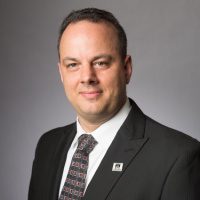
David Trenholm enlisted in the Navy after high school and completed over 4 years as a Yoemen, going from E-1 to E-4 in 18 months. He was selected for an Officer Program where he attended FAMU NRTOC Unit and graduated from Florida State University and earned his Wings of Gold as a Naval Flight Officer in the P-3C Orion where he flew over 2,250 hours that included over 750 combat hours. During his transition, he attended a TAP course with Operation New Uniform (ONU) that set him for a successful transition to his corporate life. ONU helped him build his confidence and taught him valuable interview techniques to land his dream career with Bank of America. After retiring with 20+ years of Naval service, he was selected for Bank of America’s Global Operations Military Development Program, which is a two-year rotational program with BofA. After completing the program, he found a perfect fit with his second rotation doing Quality Assurance and Quality Control. Shortly after taking the role on the team, he was promoted to leading a new QA/QC team and building it from scratch. ONU was so instrumental in his transition that he began to give back to the organization by volunteering and teaching in classes. ONU then asked him to join the board as the only Alumni Board Member to help it grow in 2020. In 2022 he was promoted to Secretary of the Board, and in 2023 he will move to being the Vice Chair of the Board. He has been married to his wife Danielle for over 21 years and they have two children Sean and Kady. Connect with David on LinkedIn.
